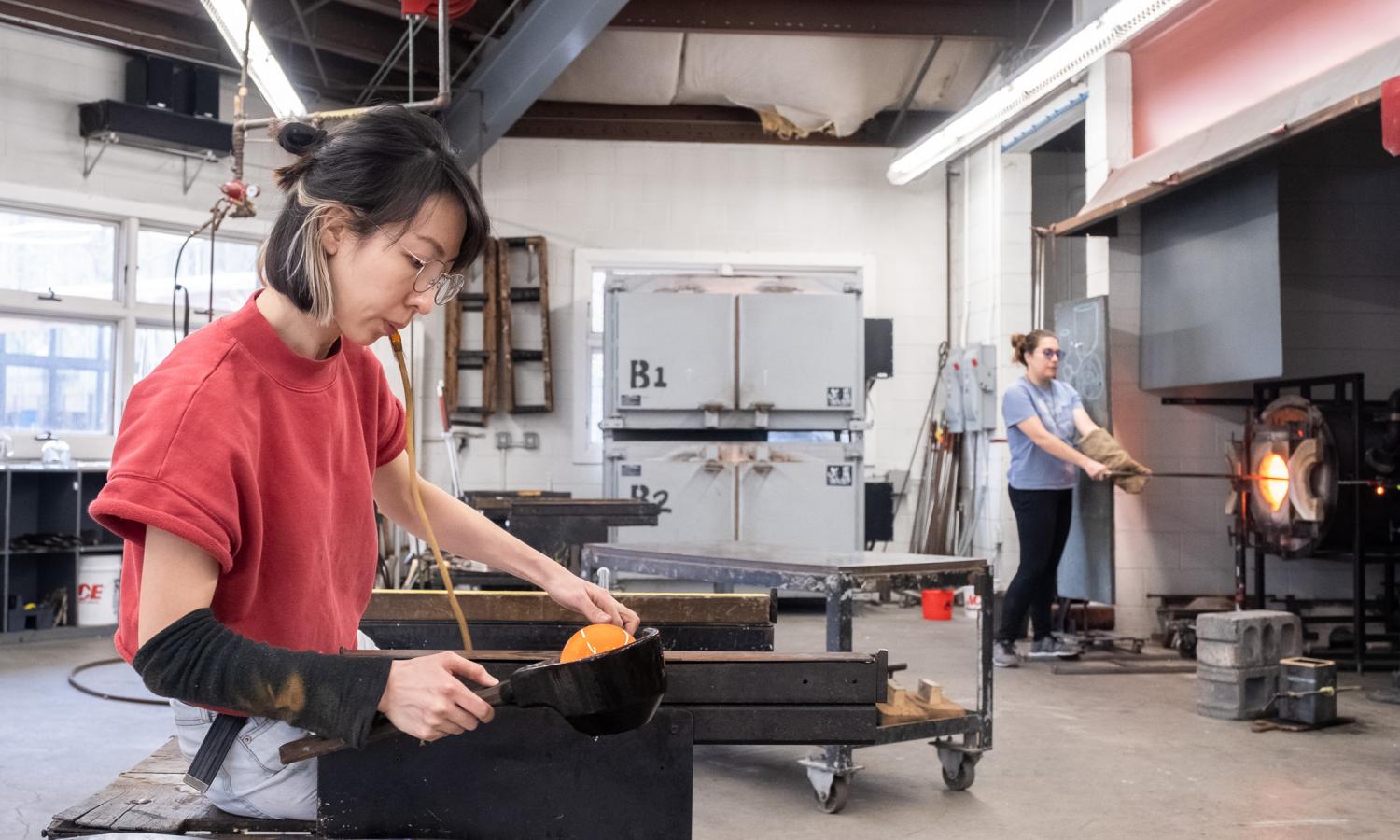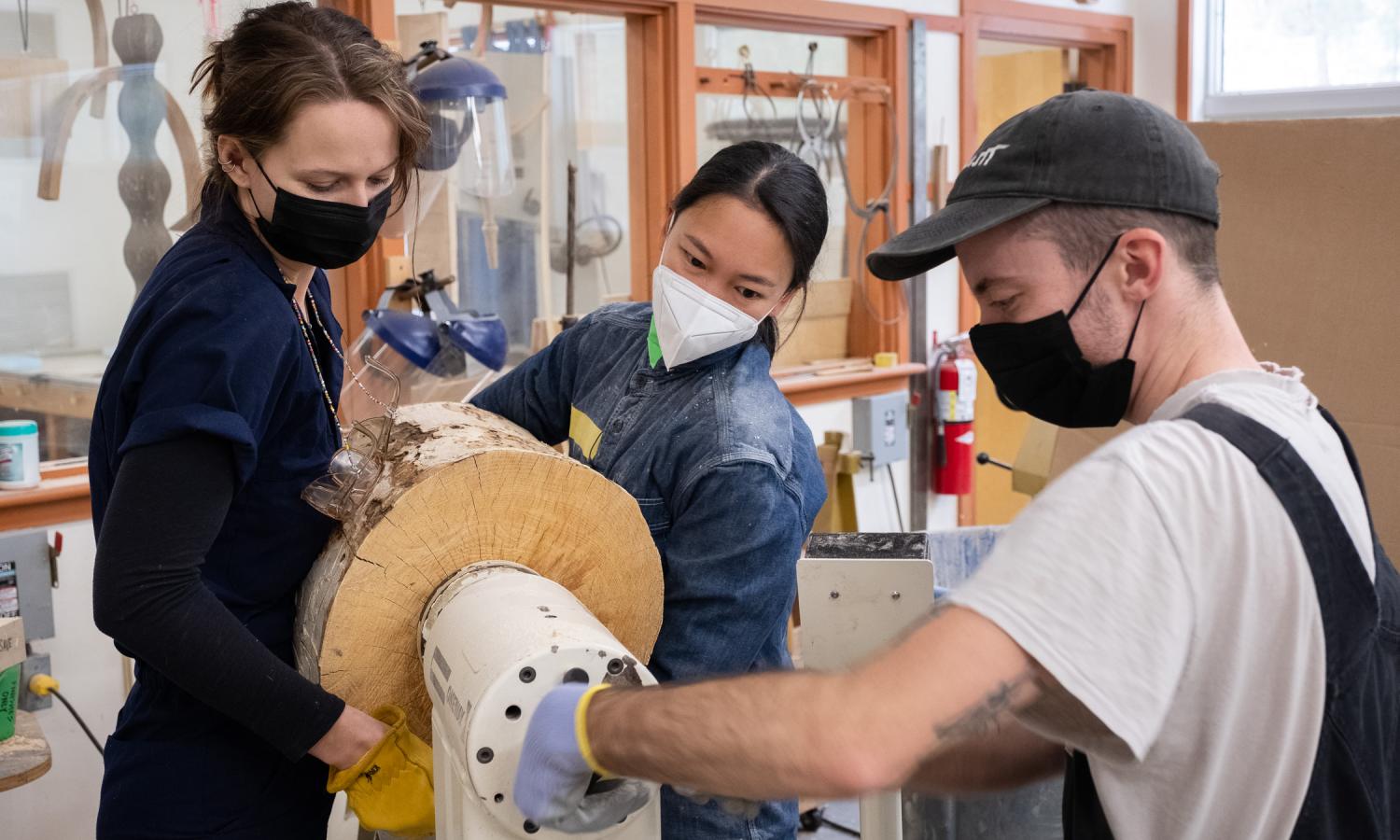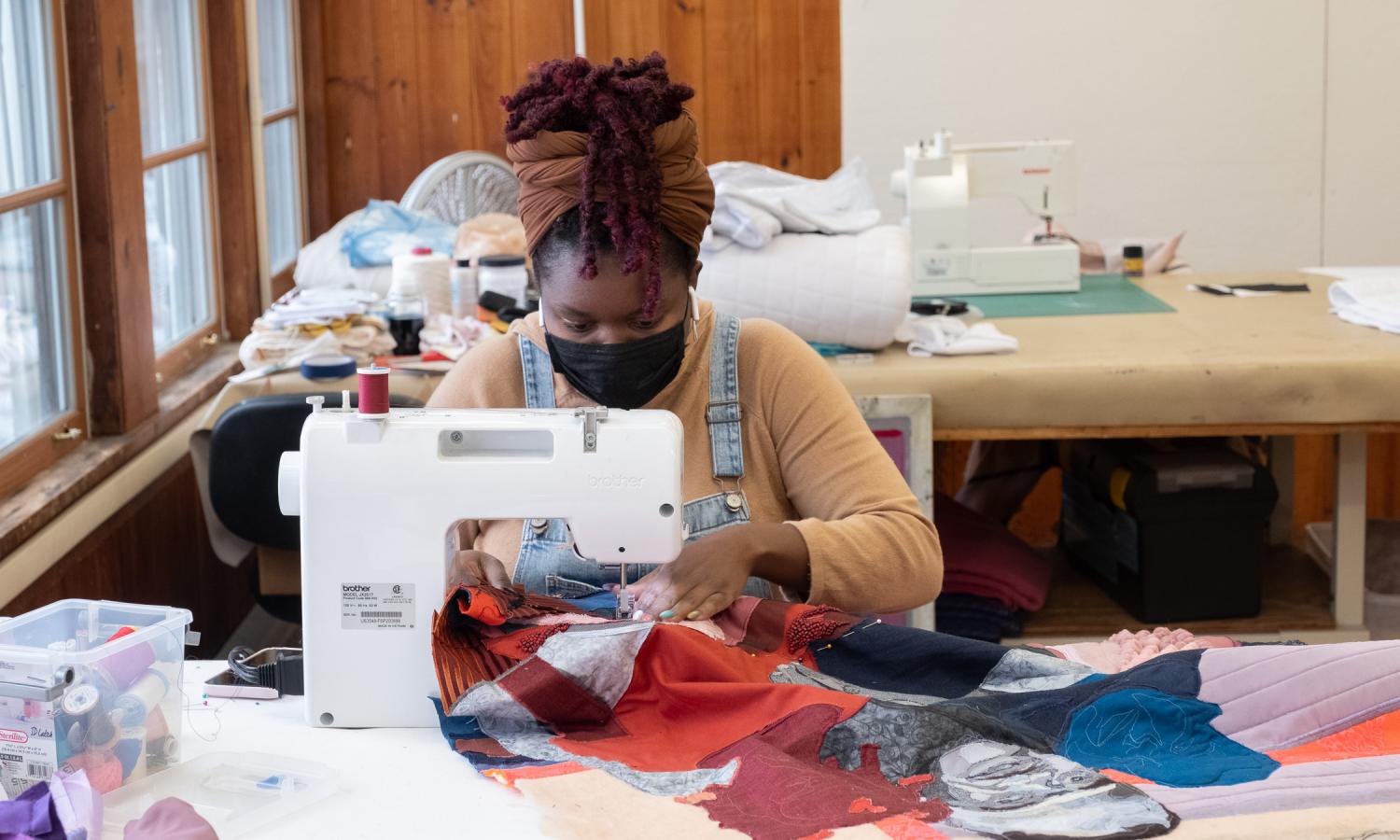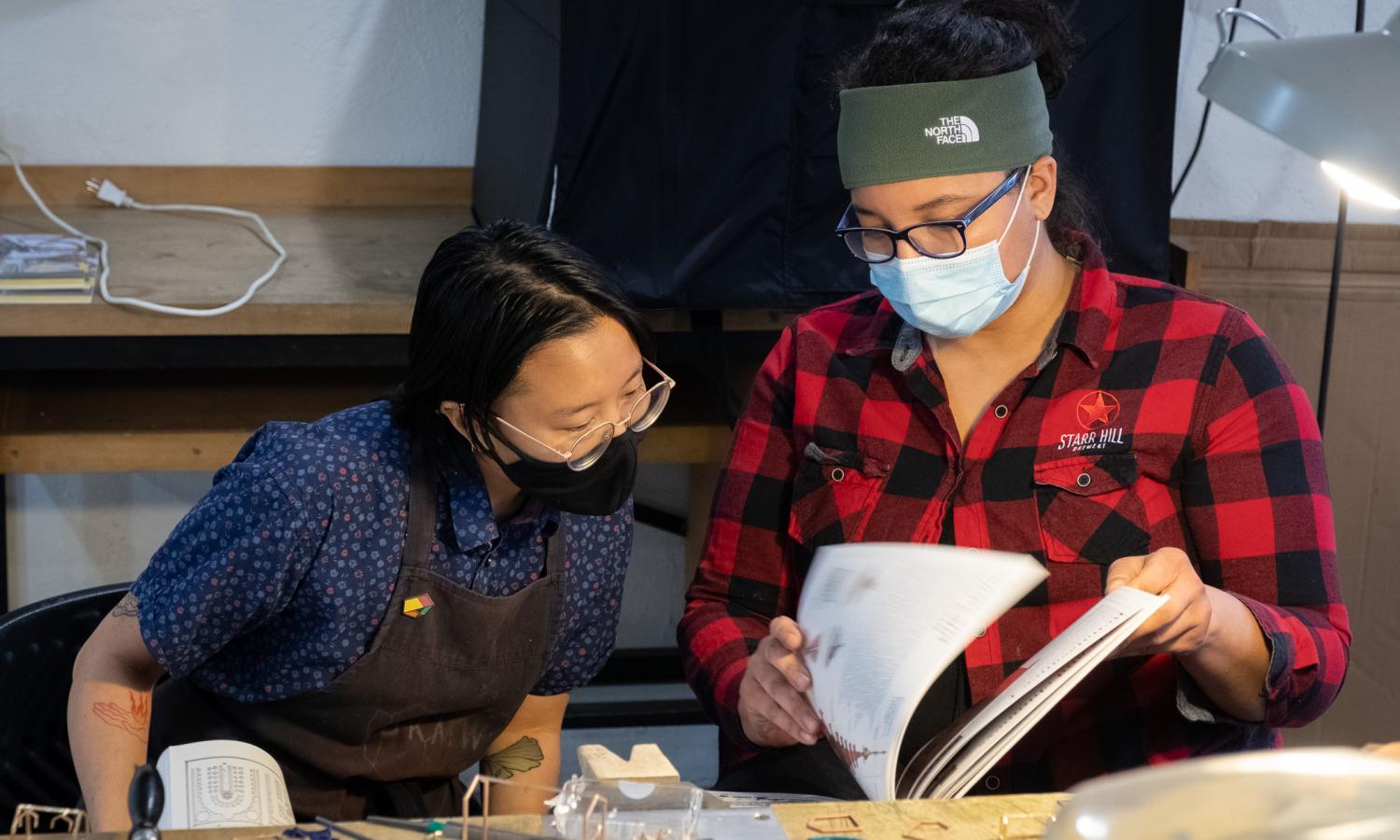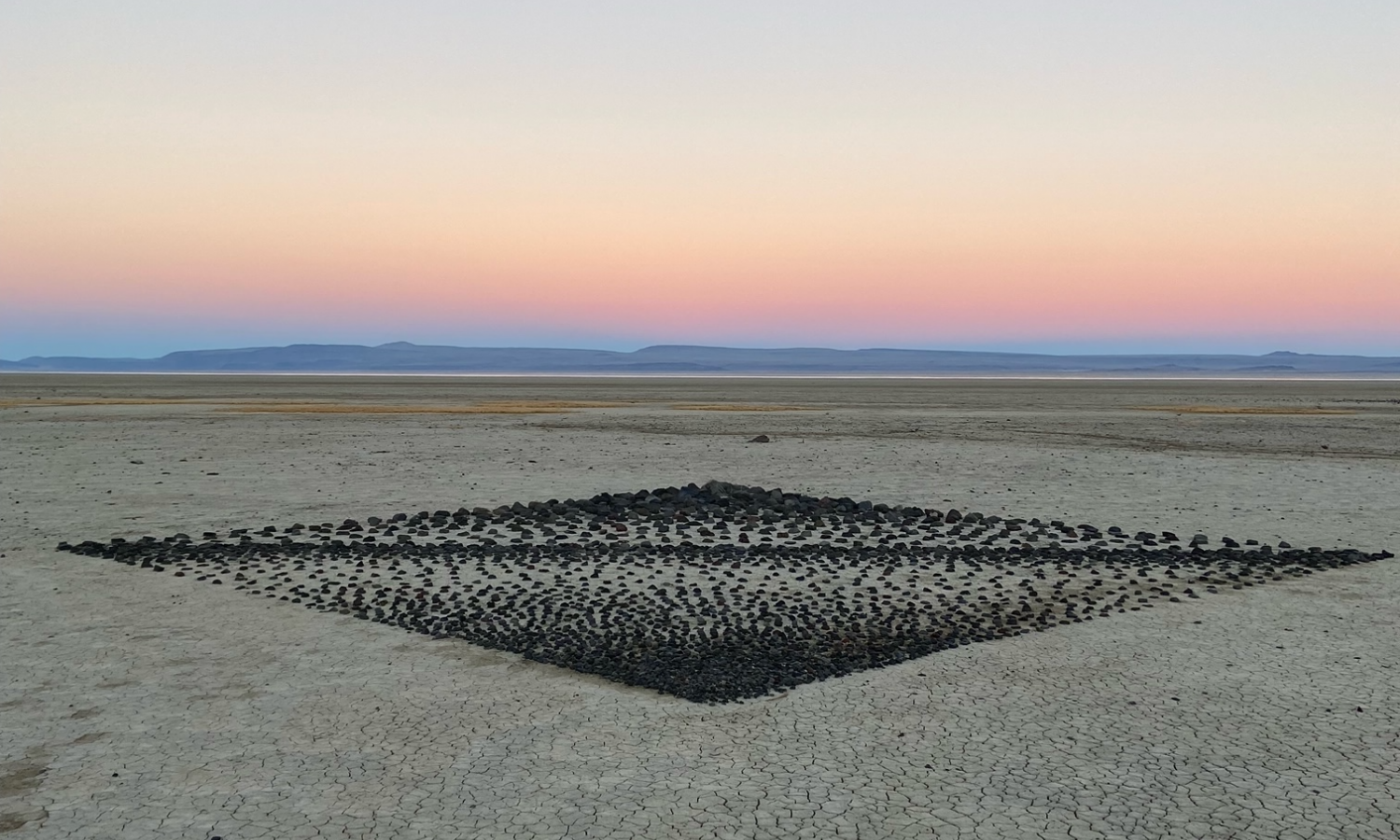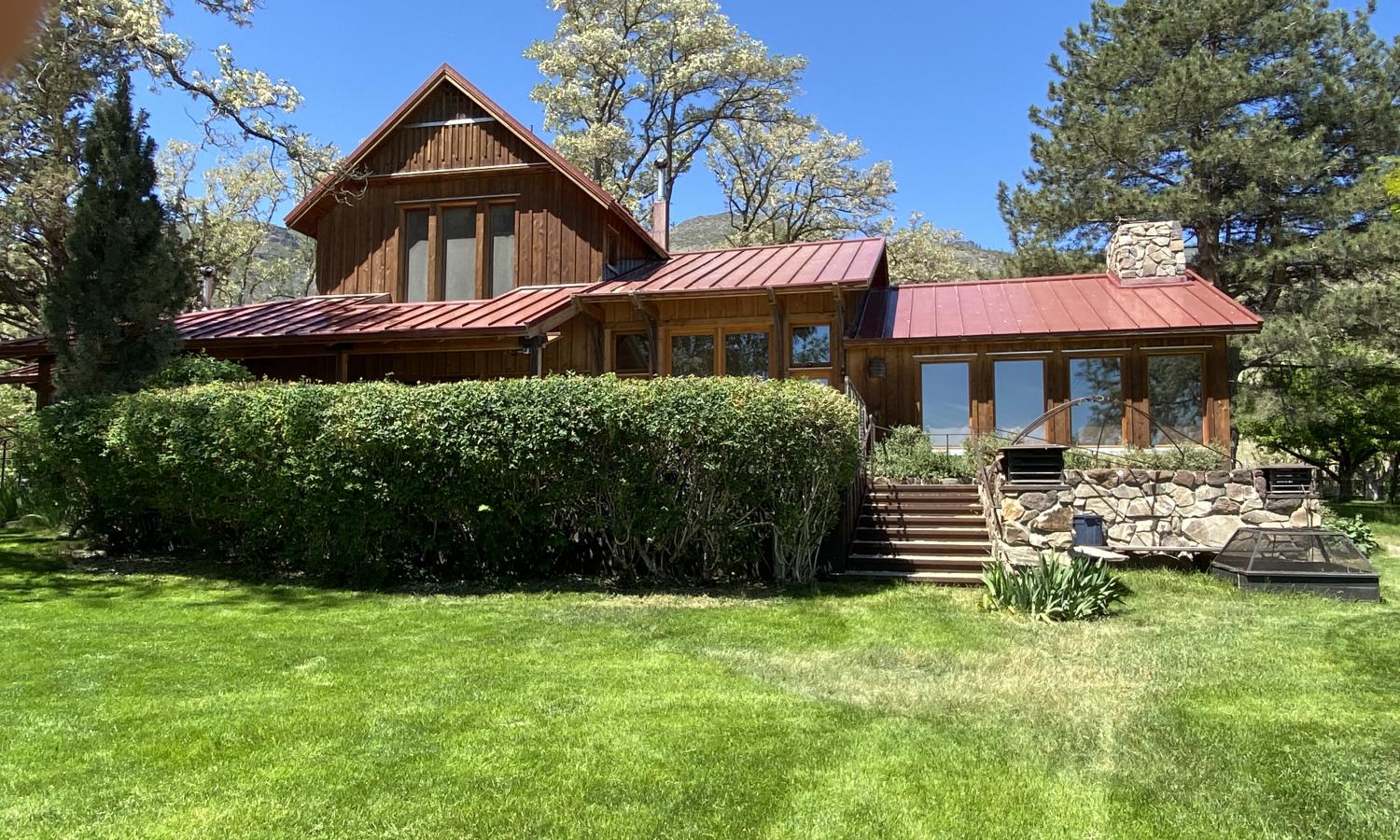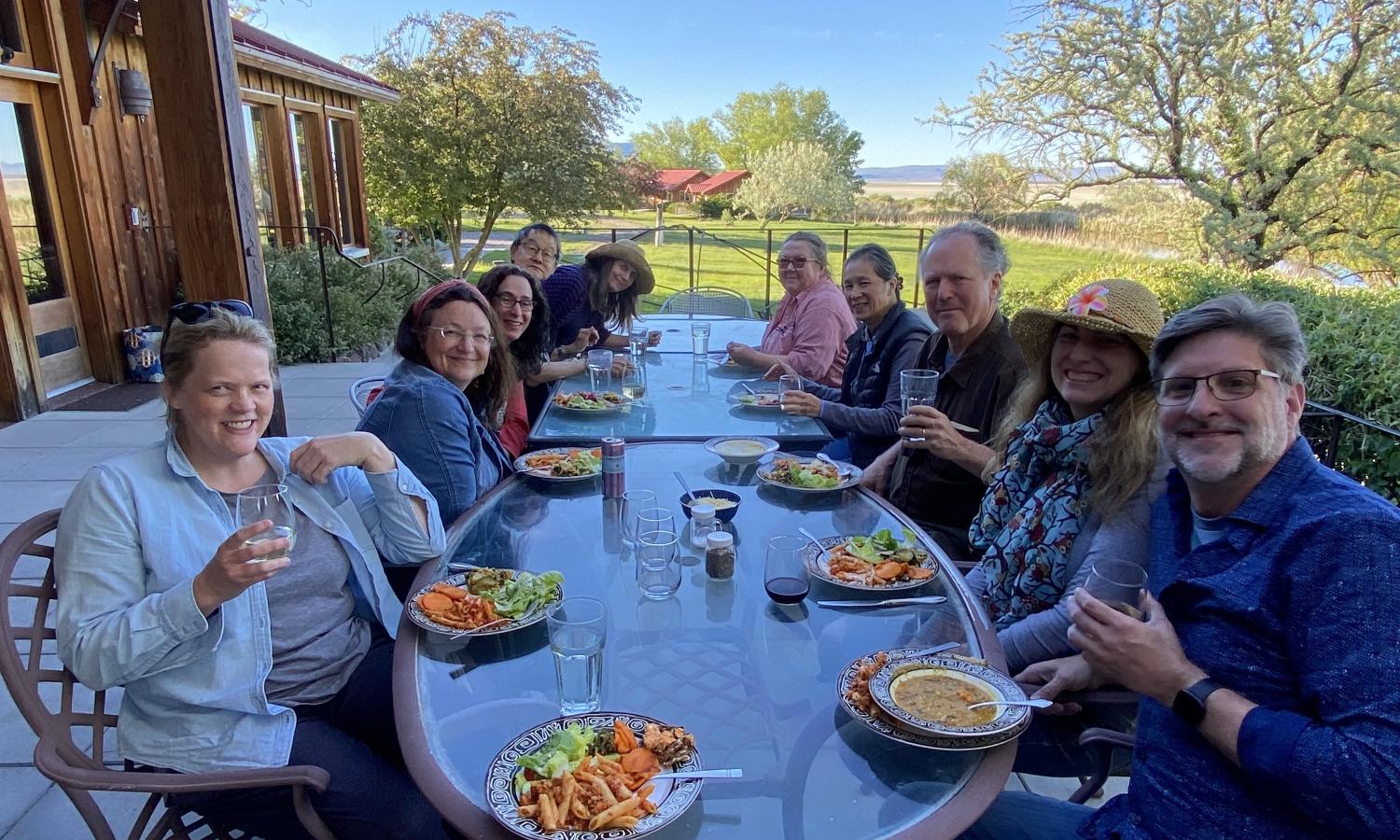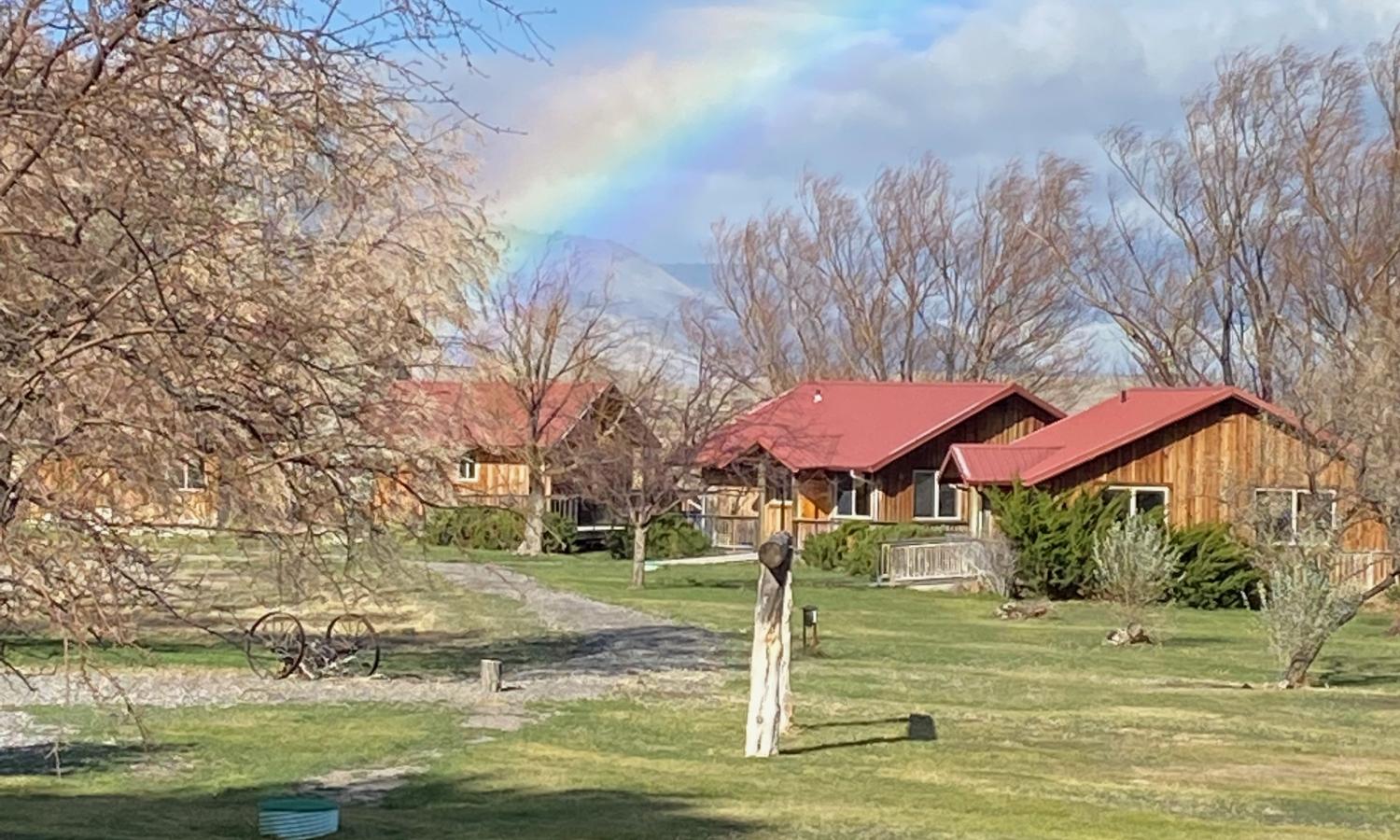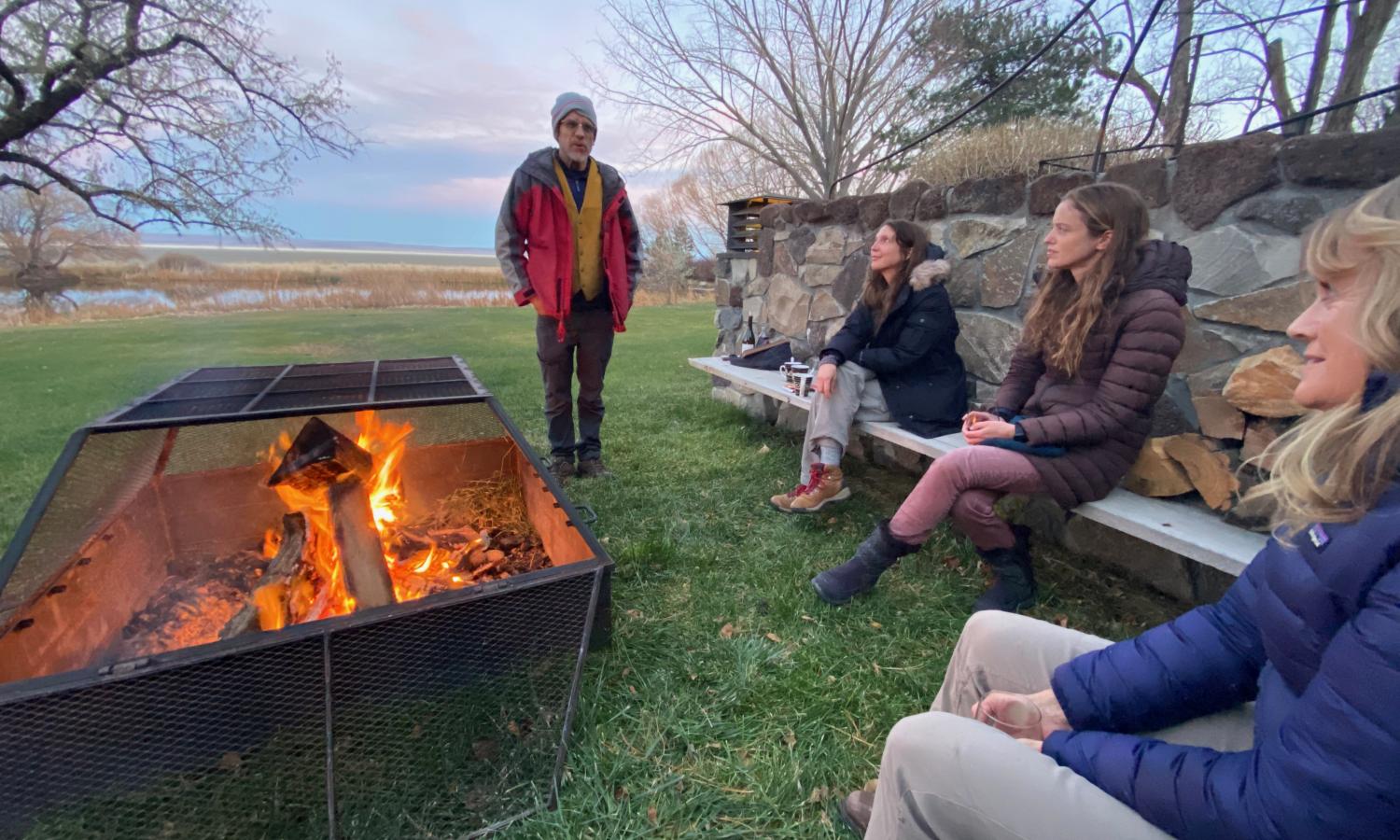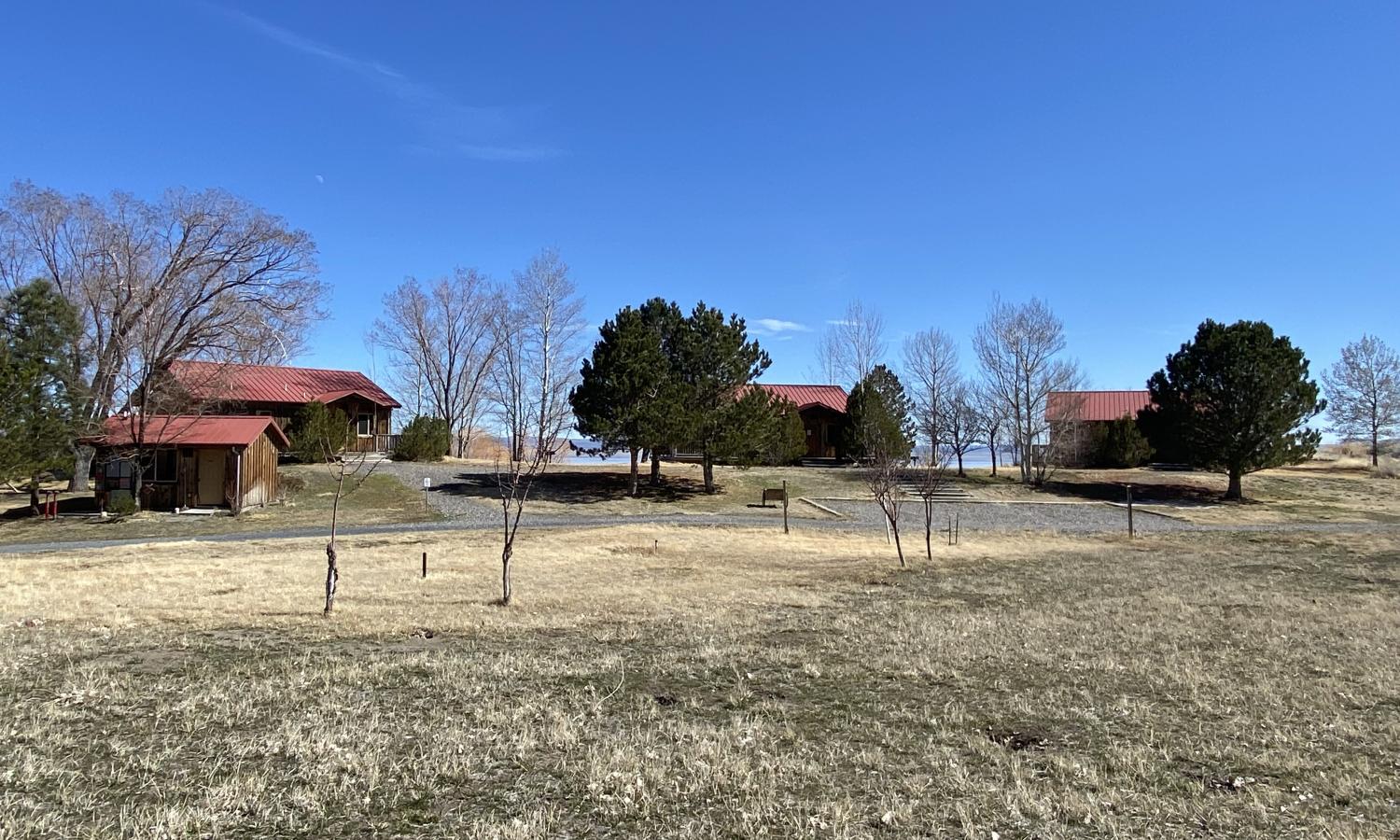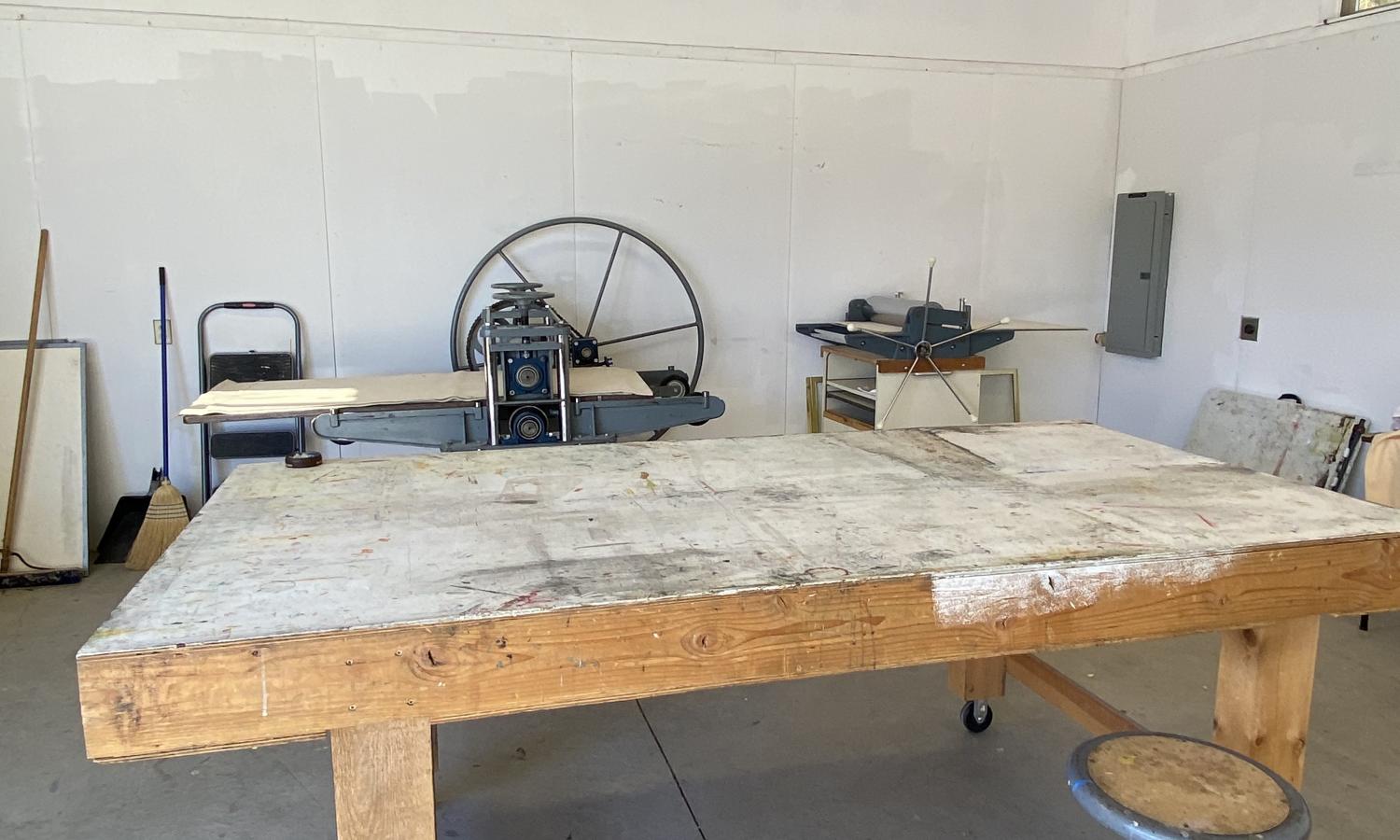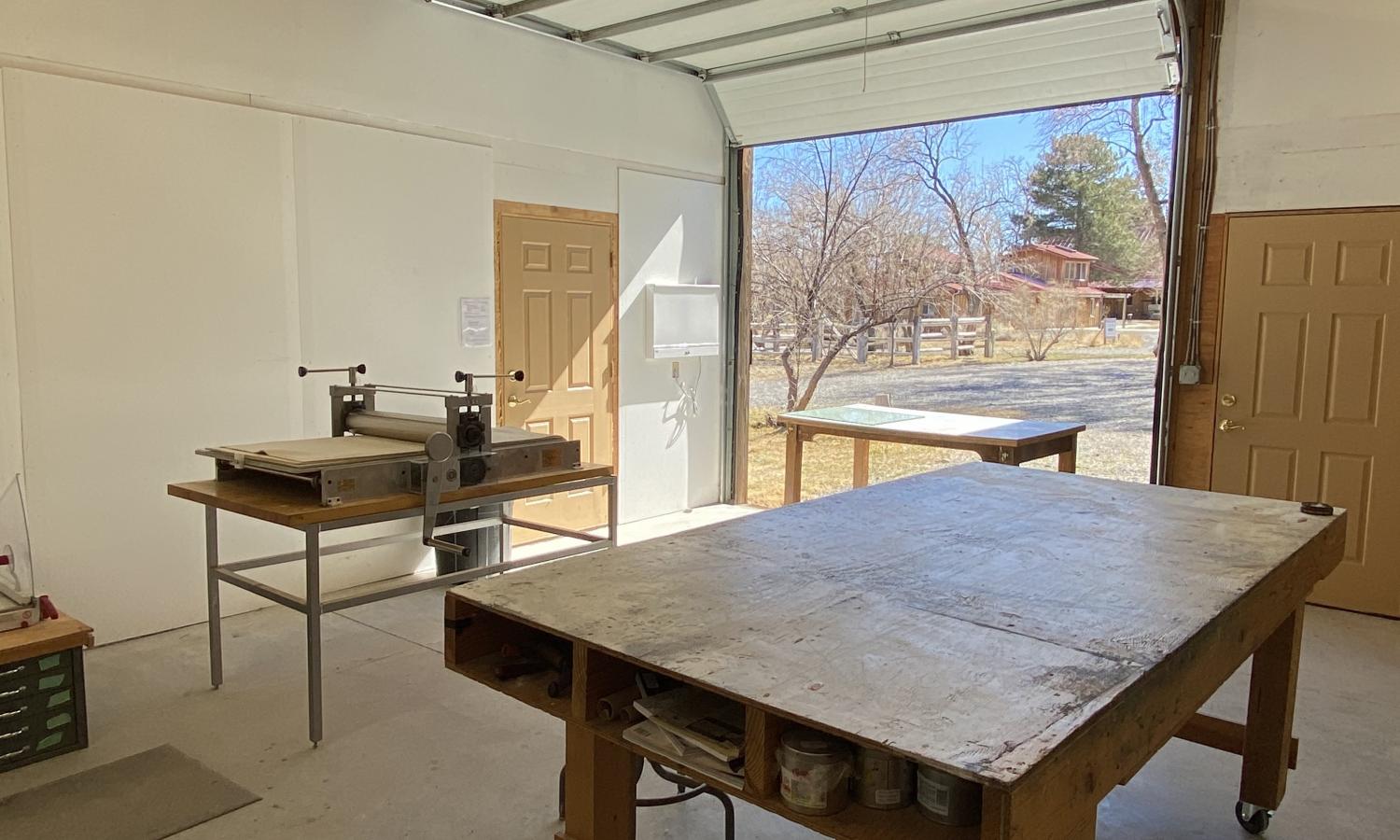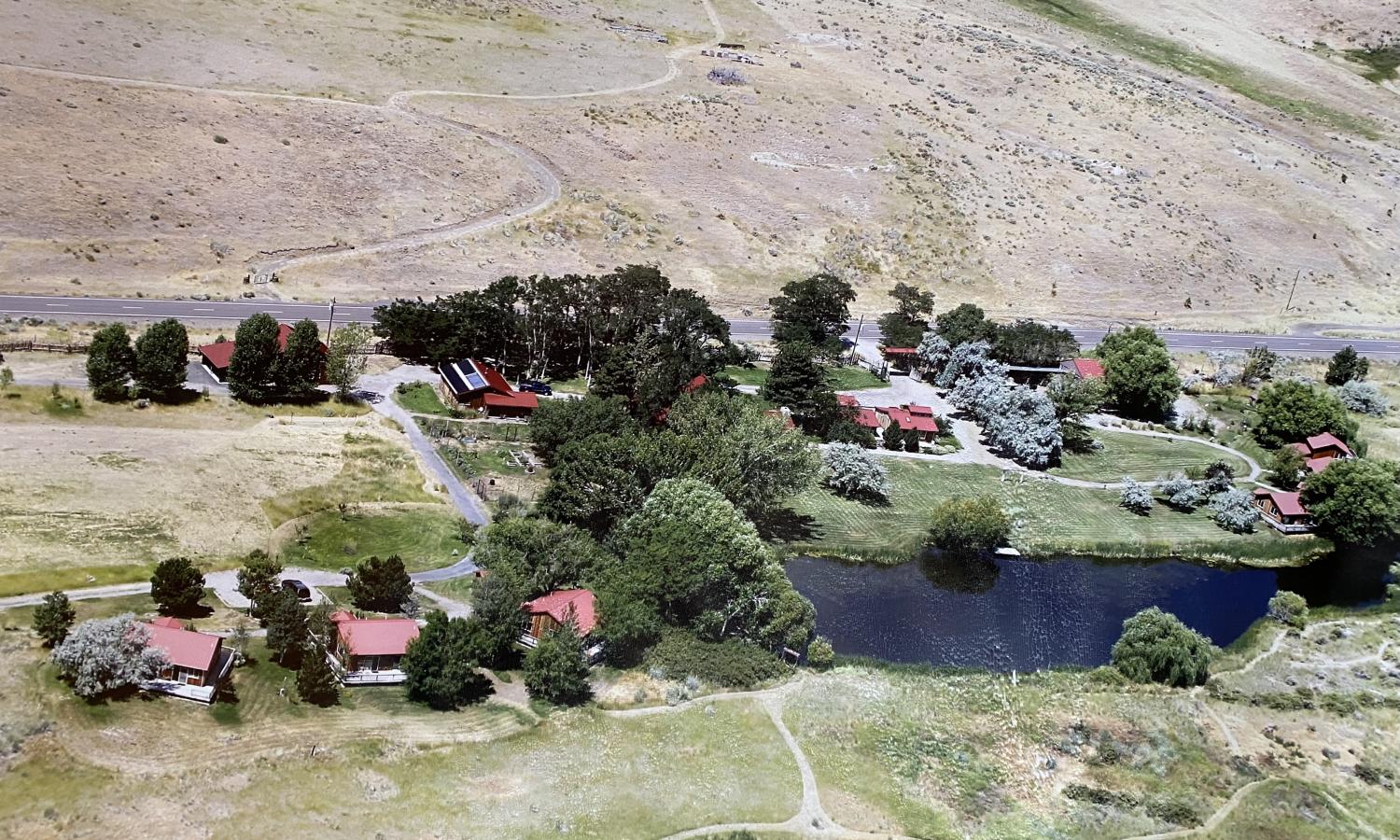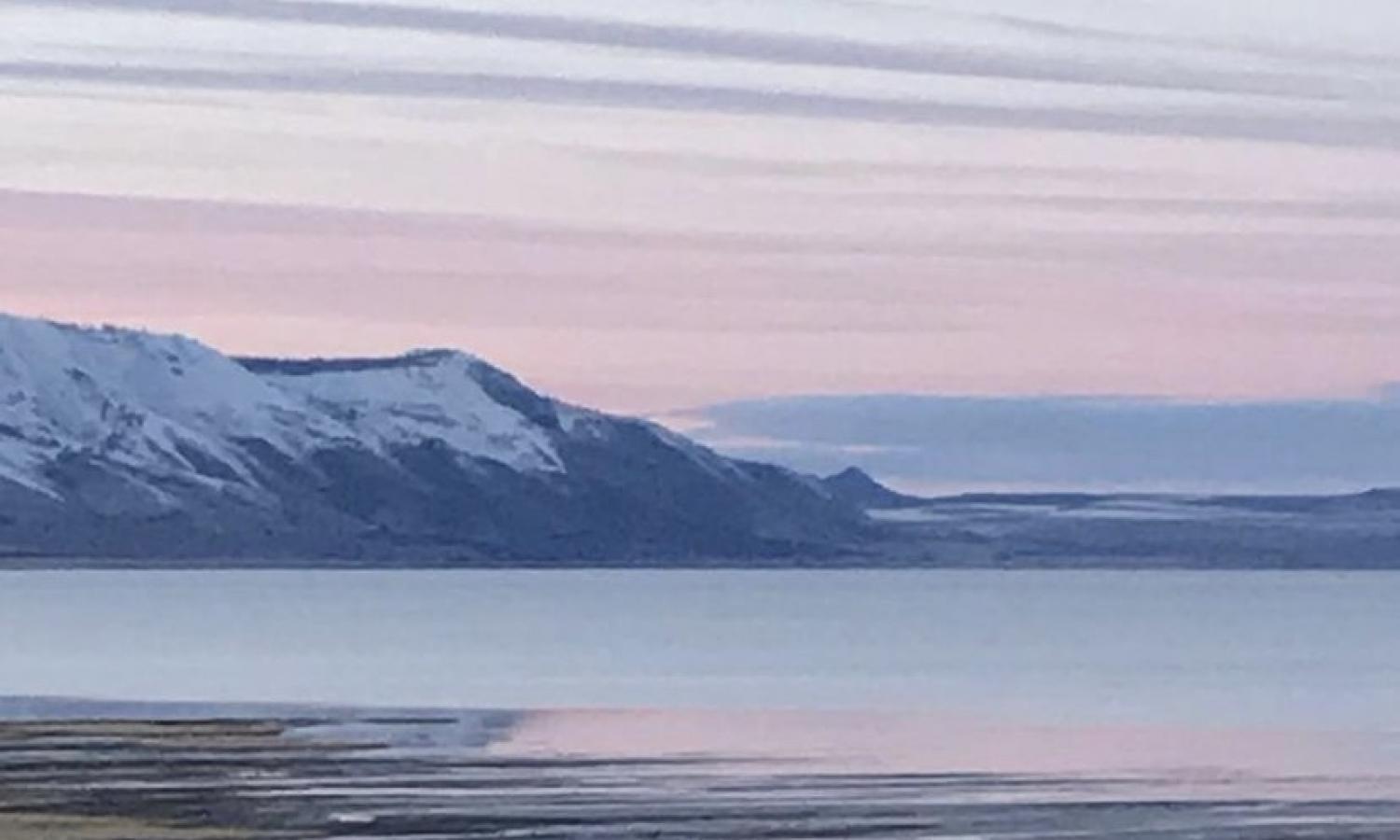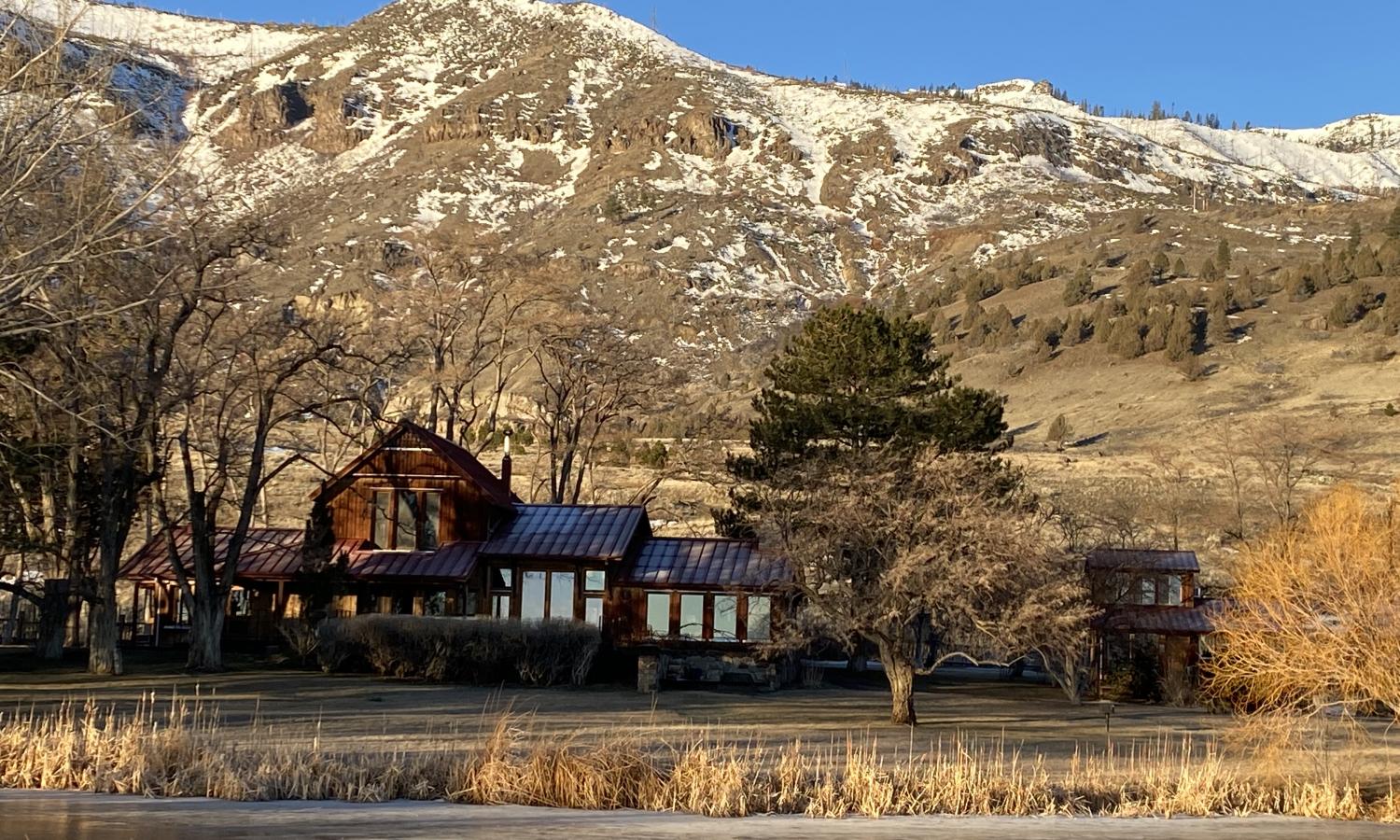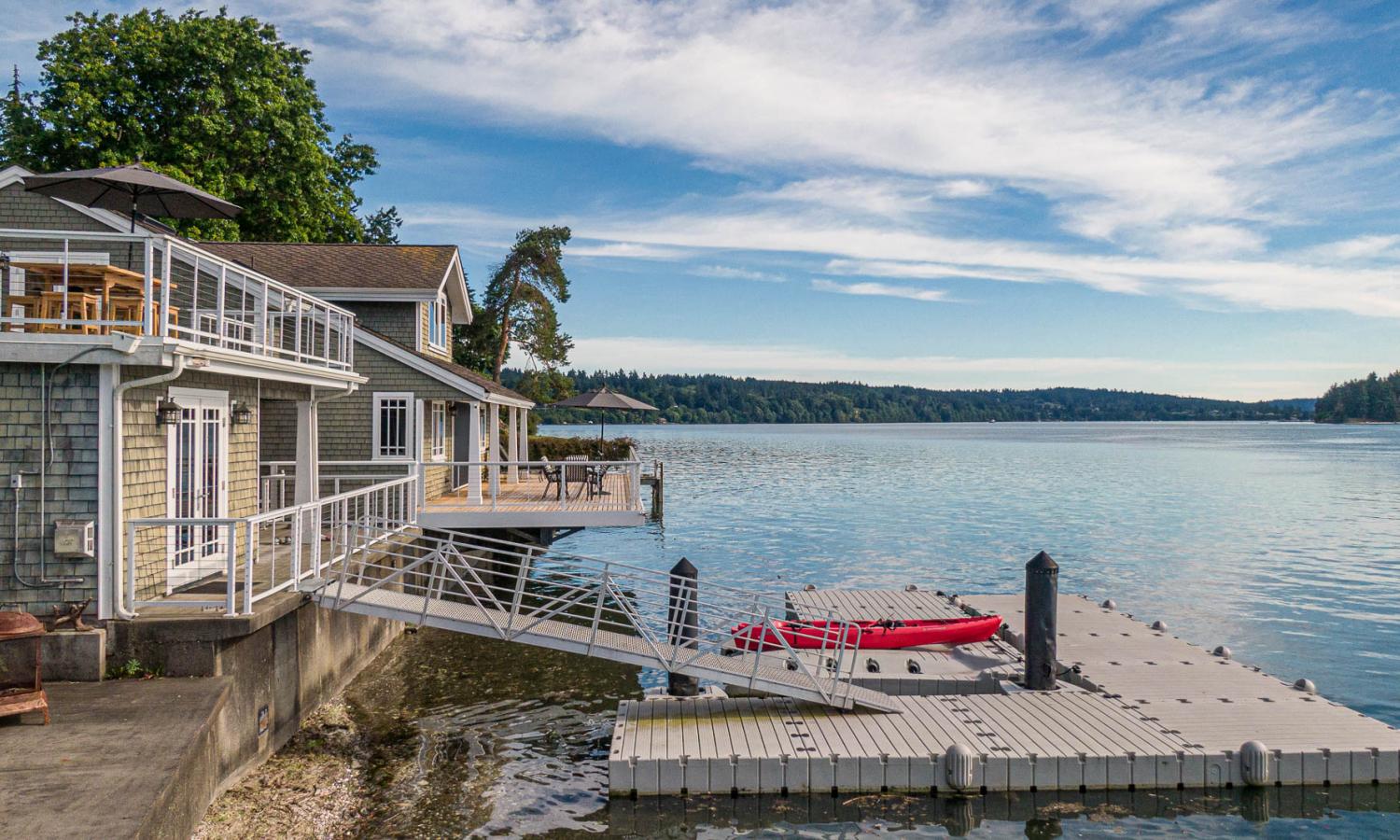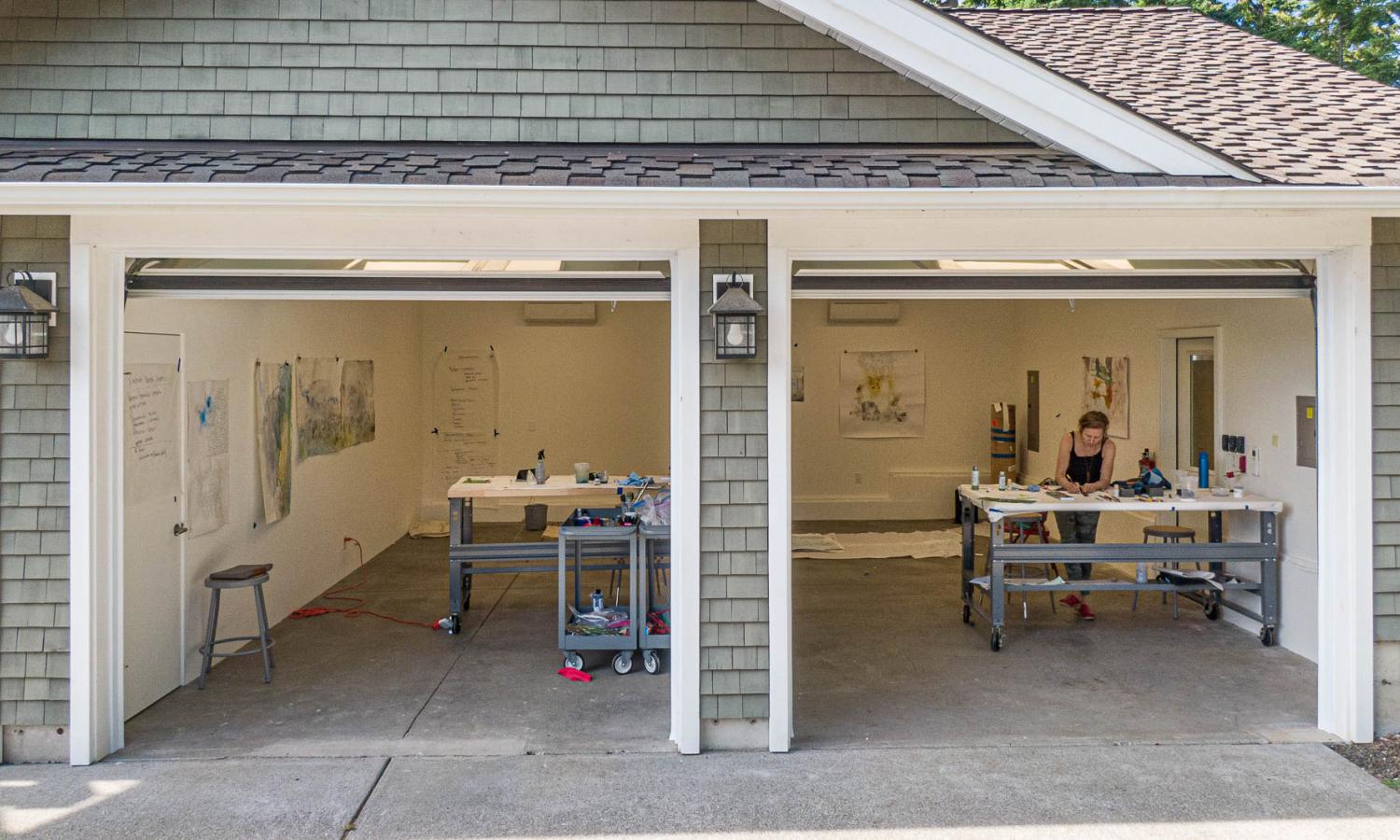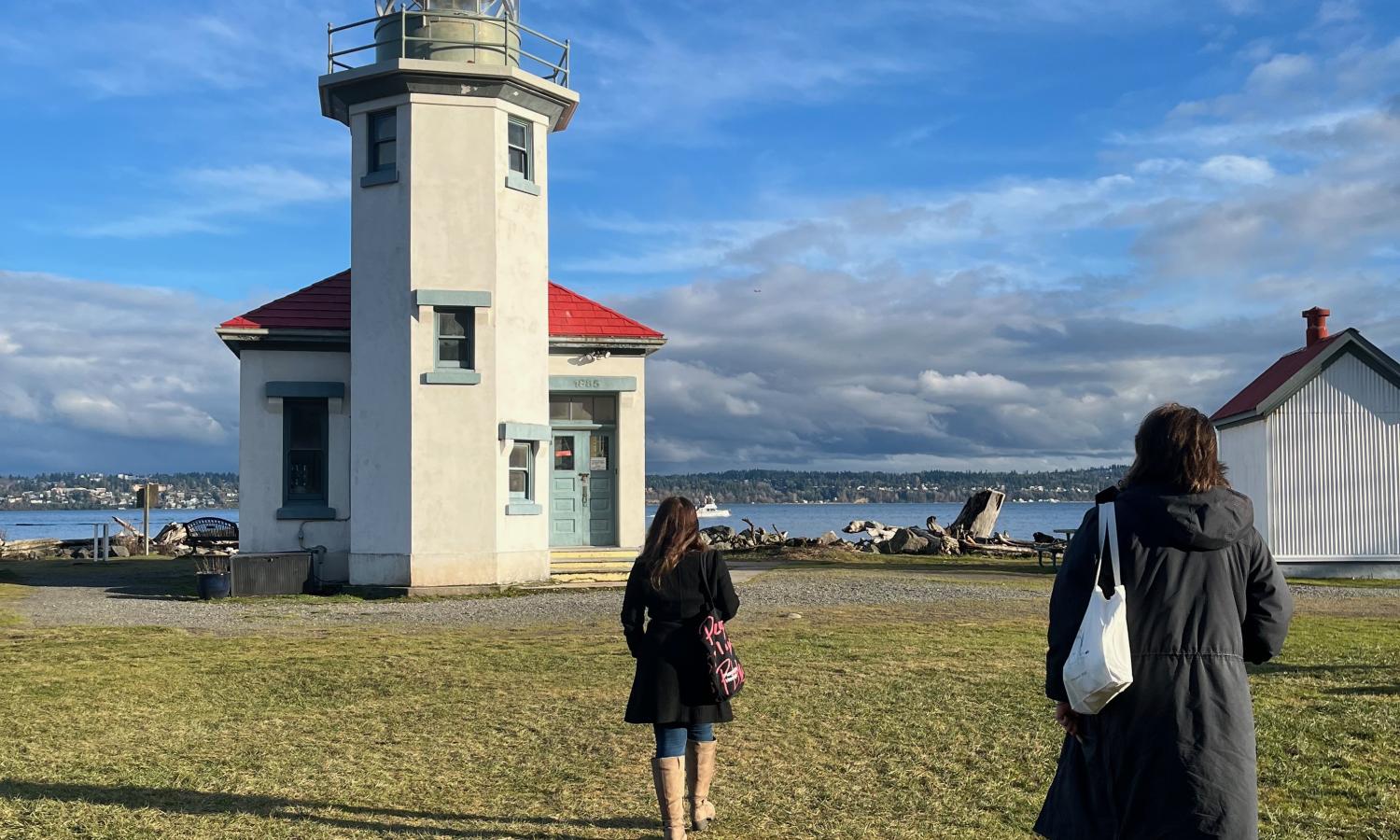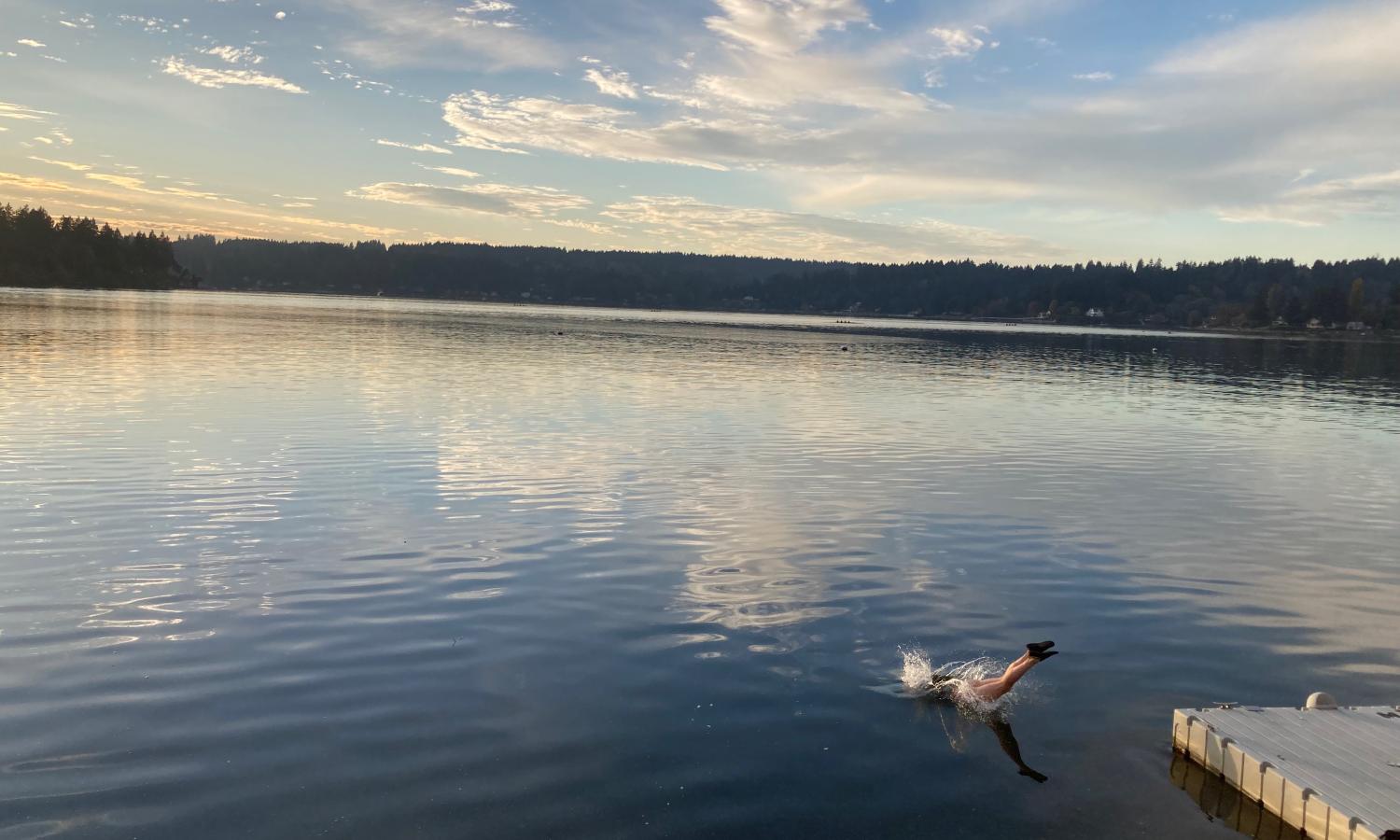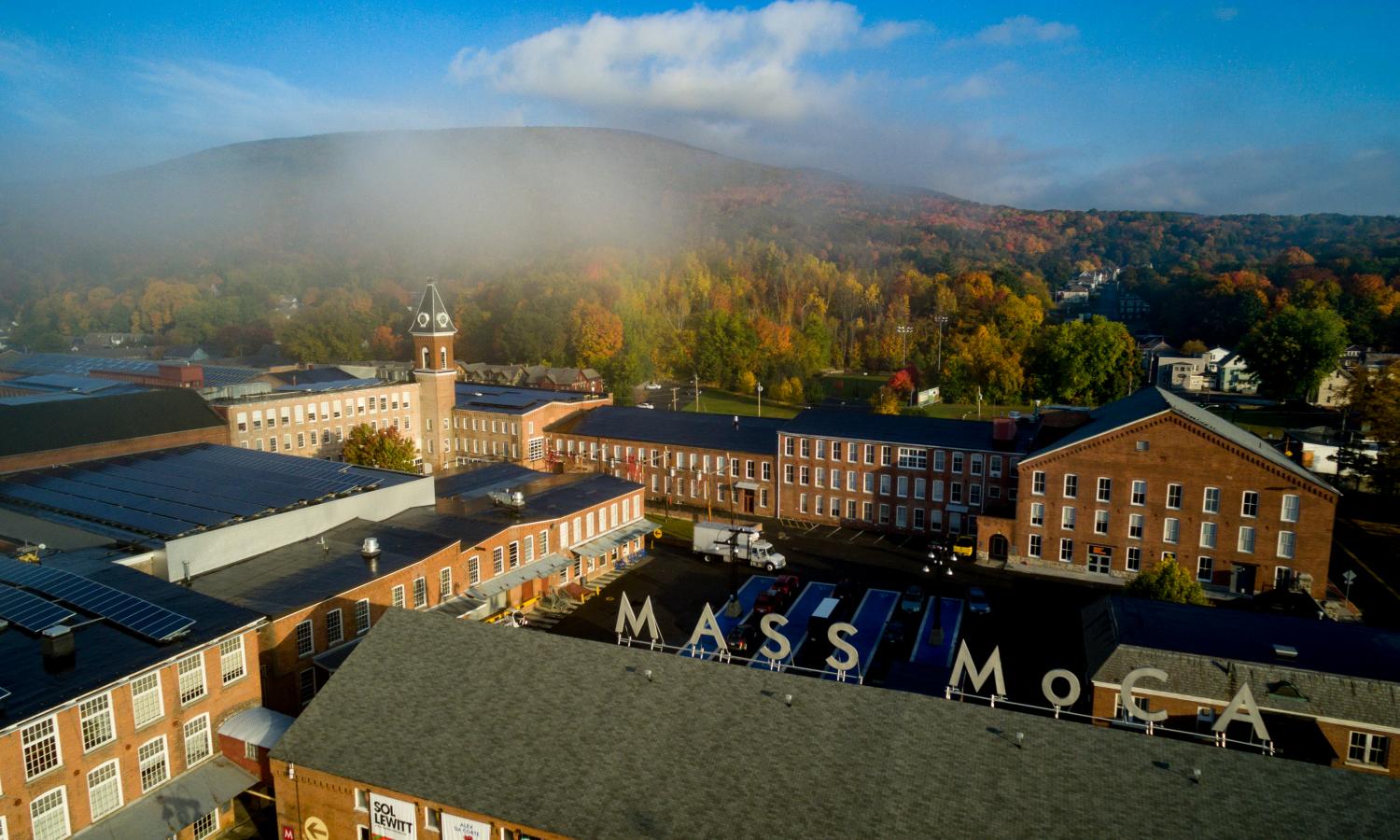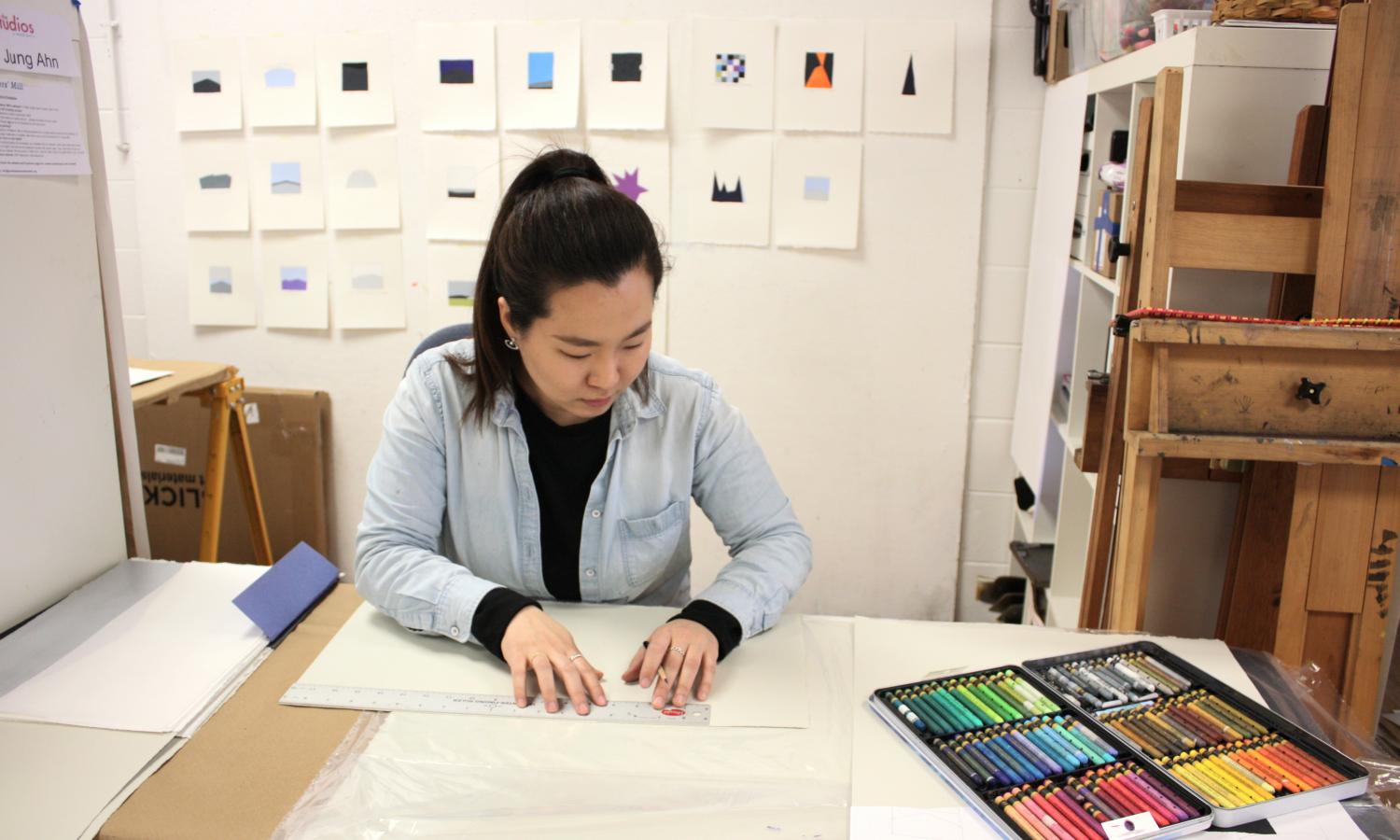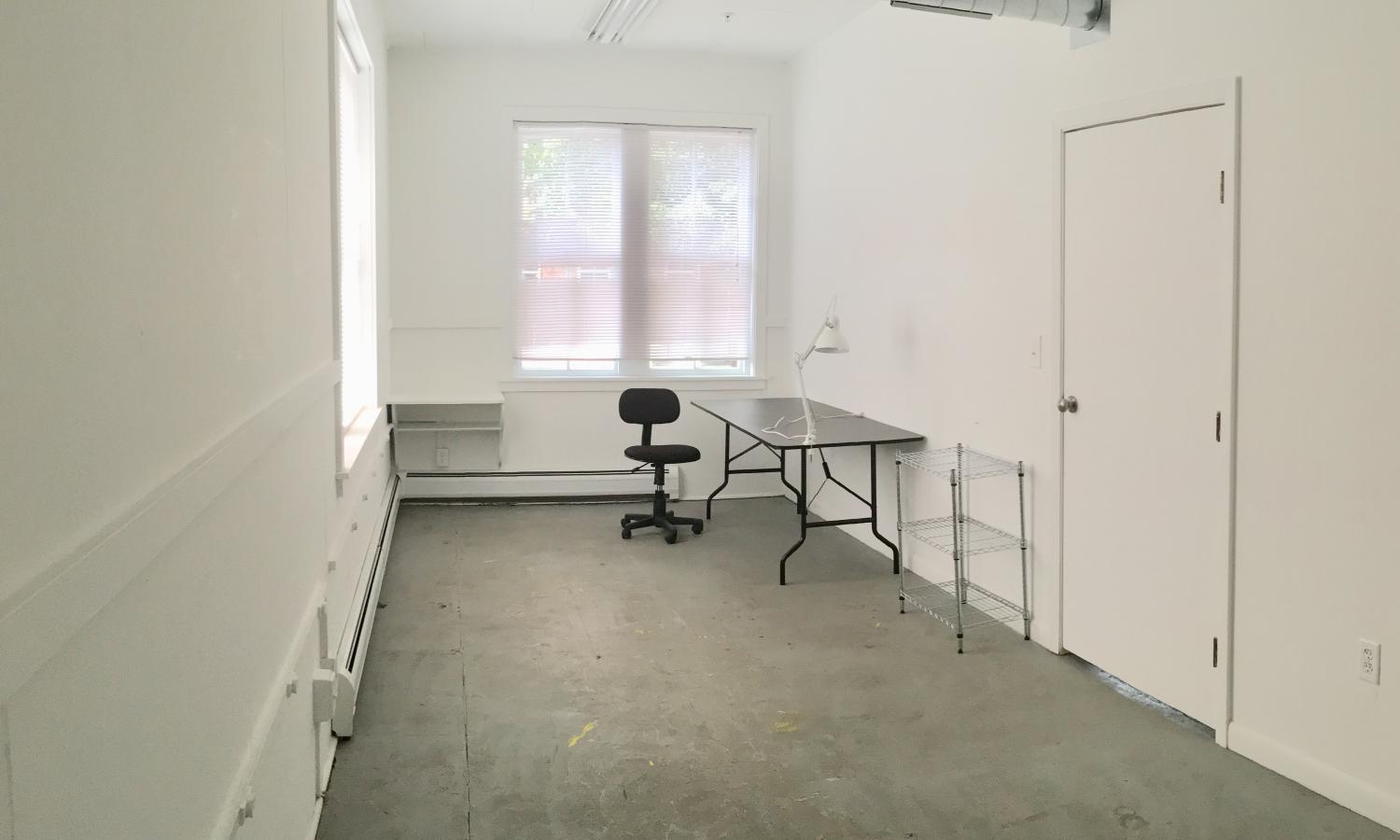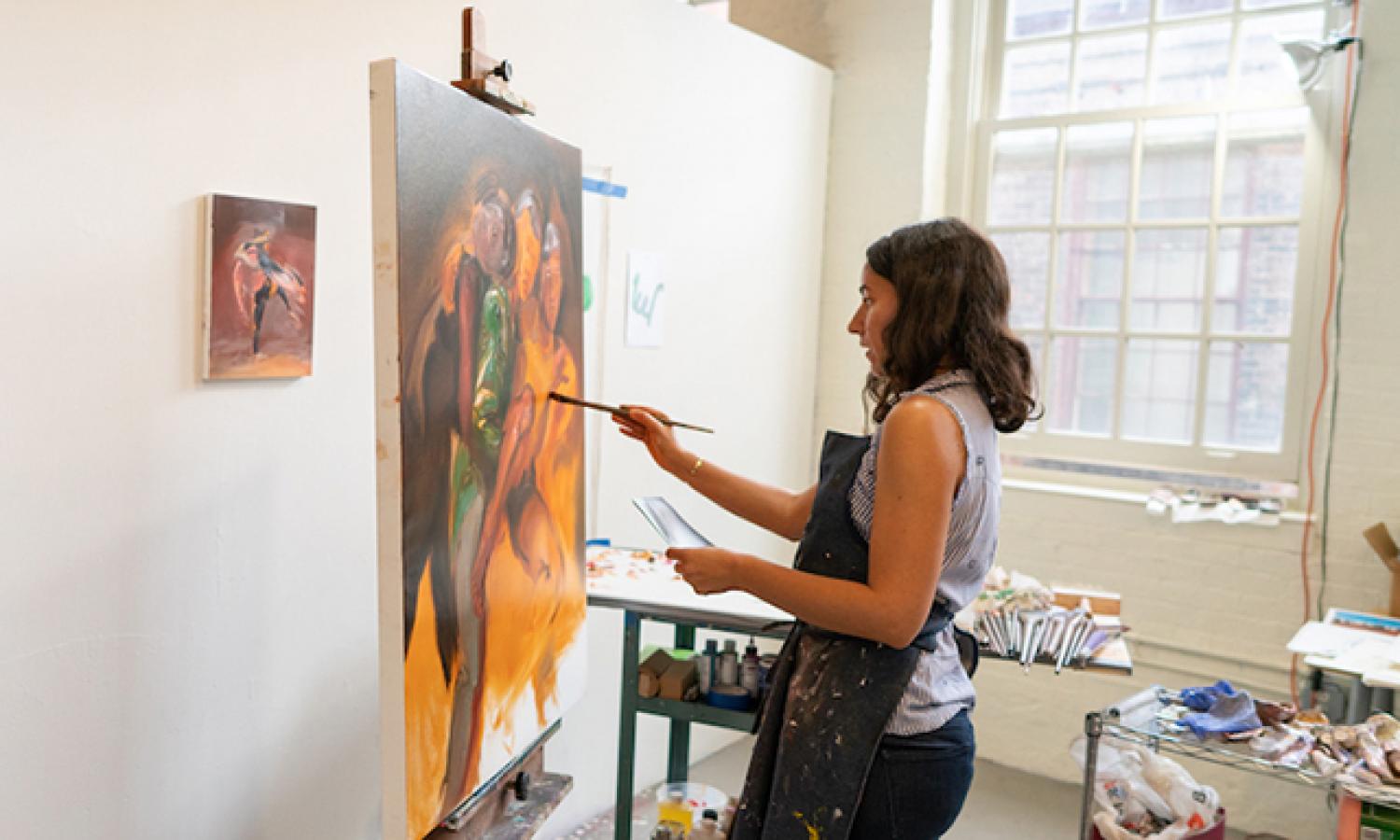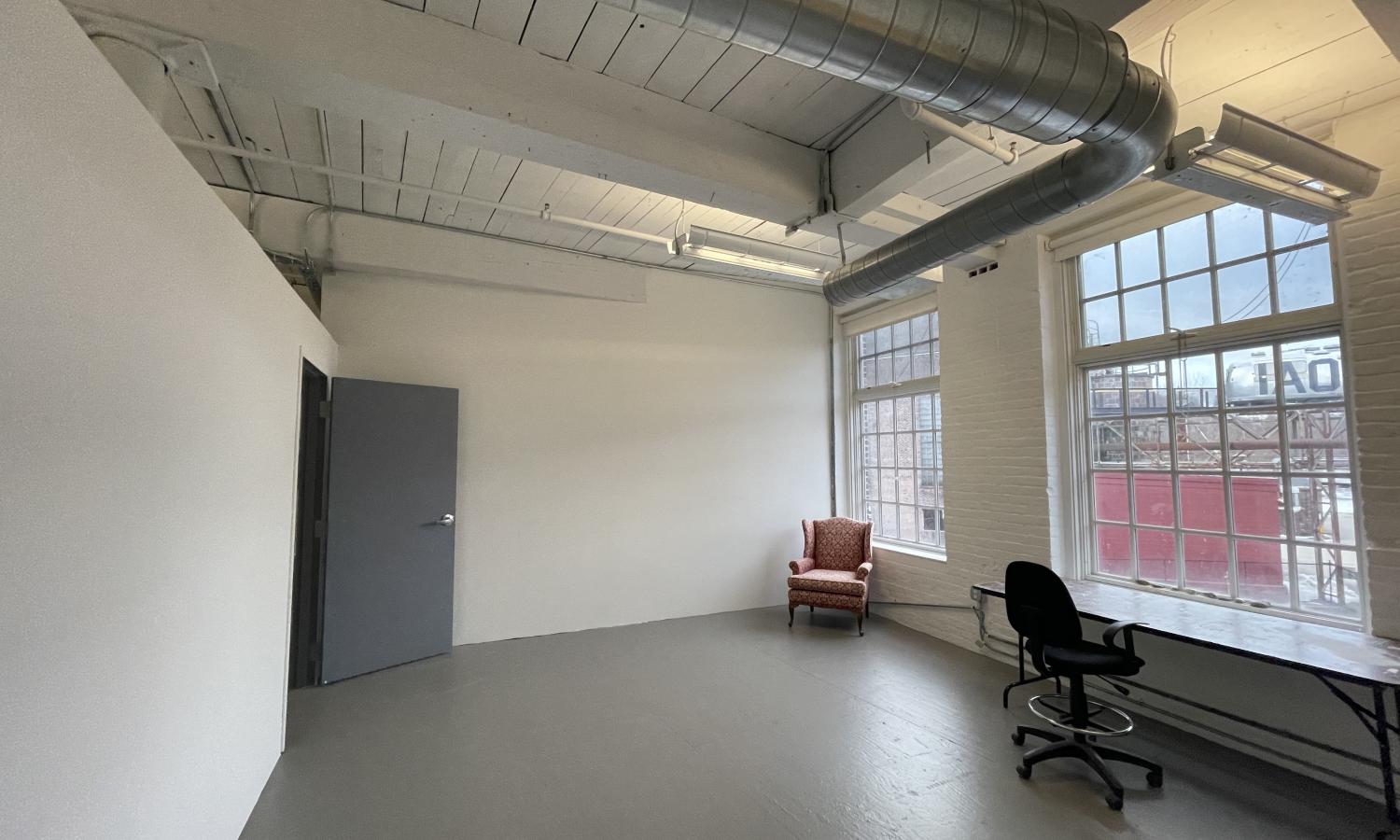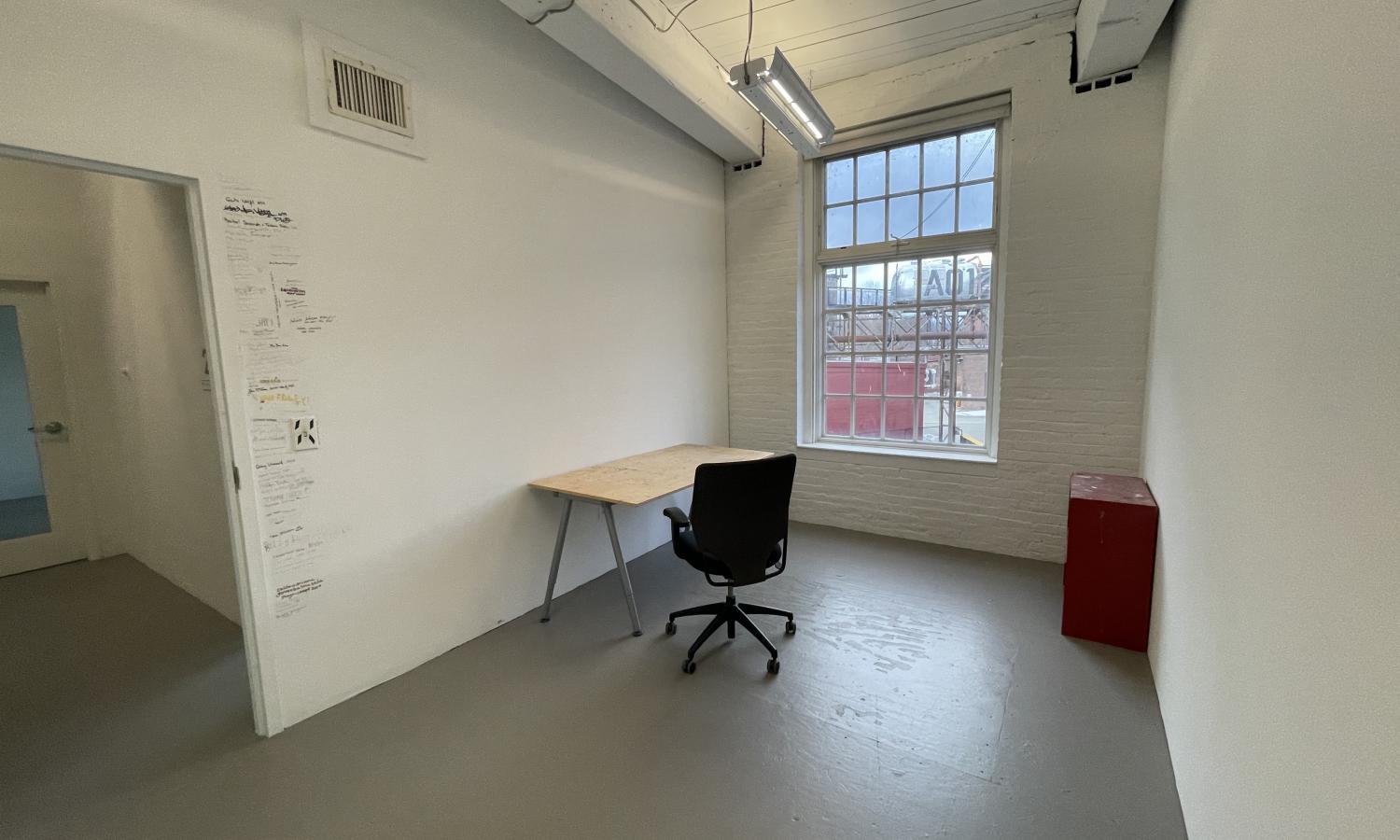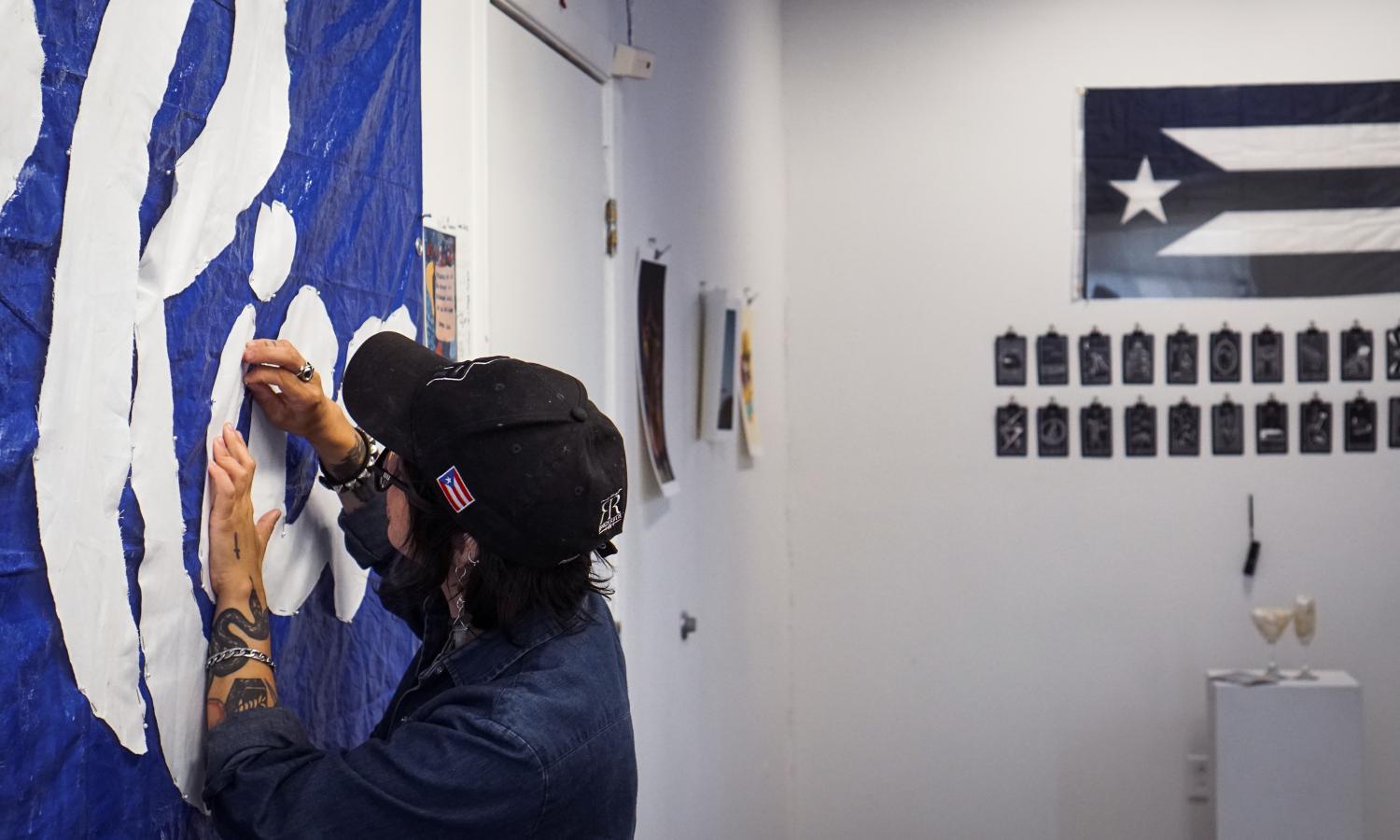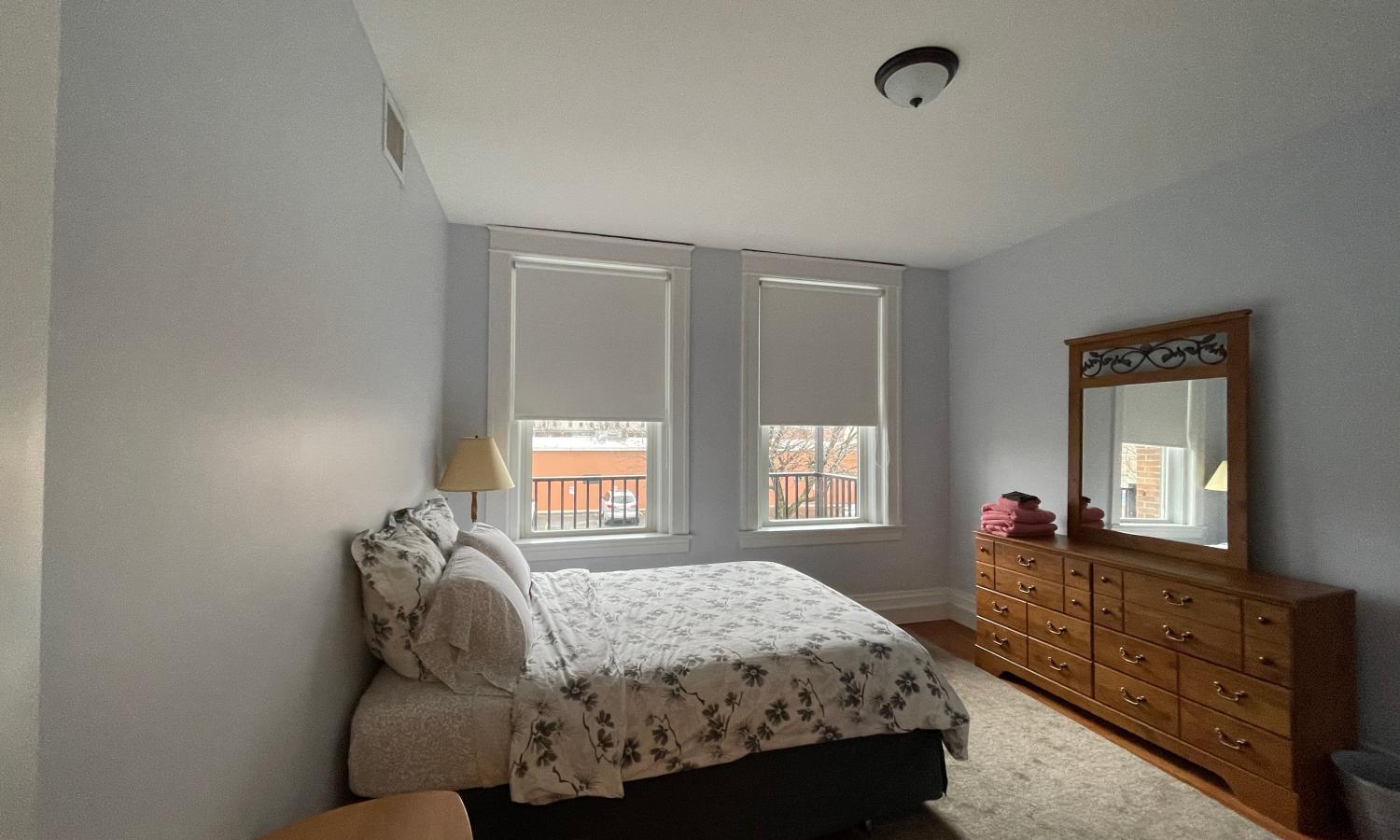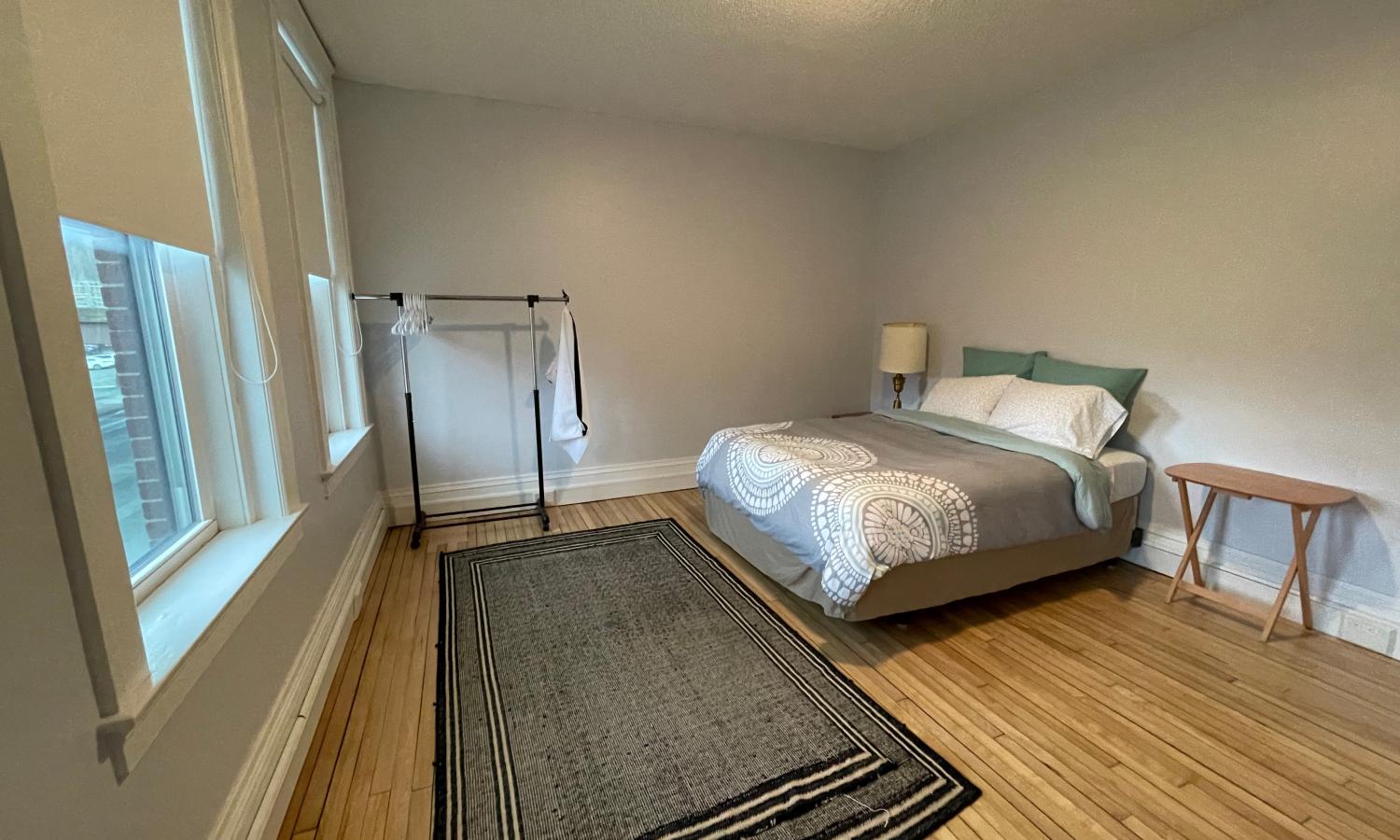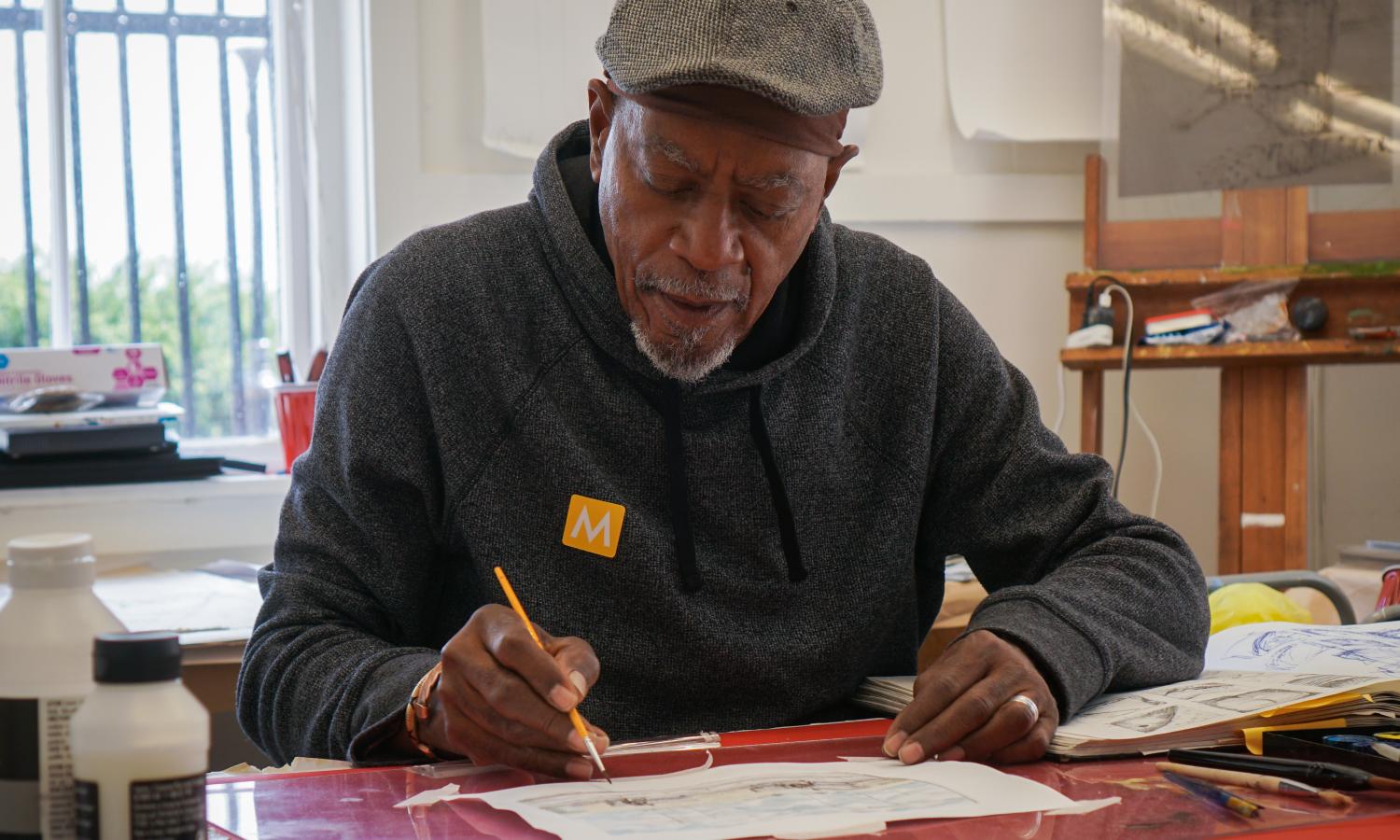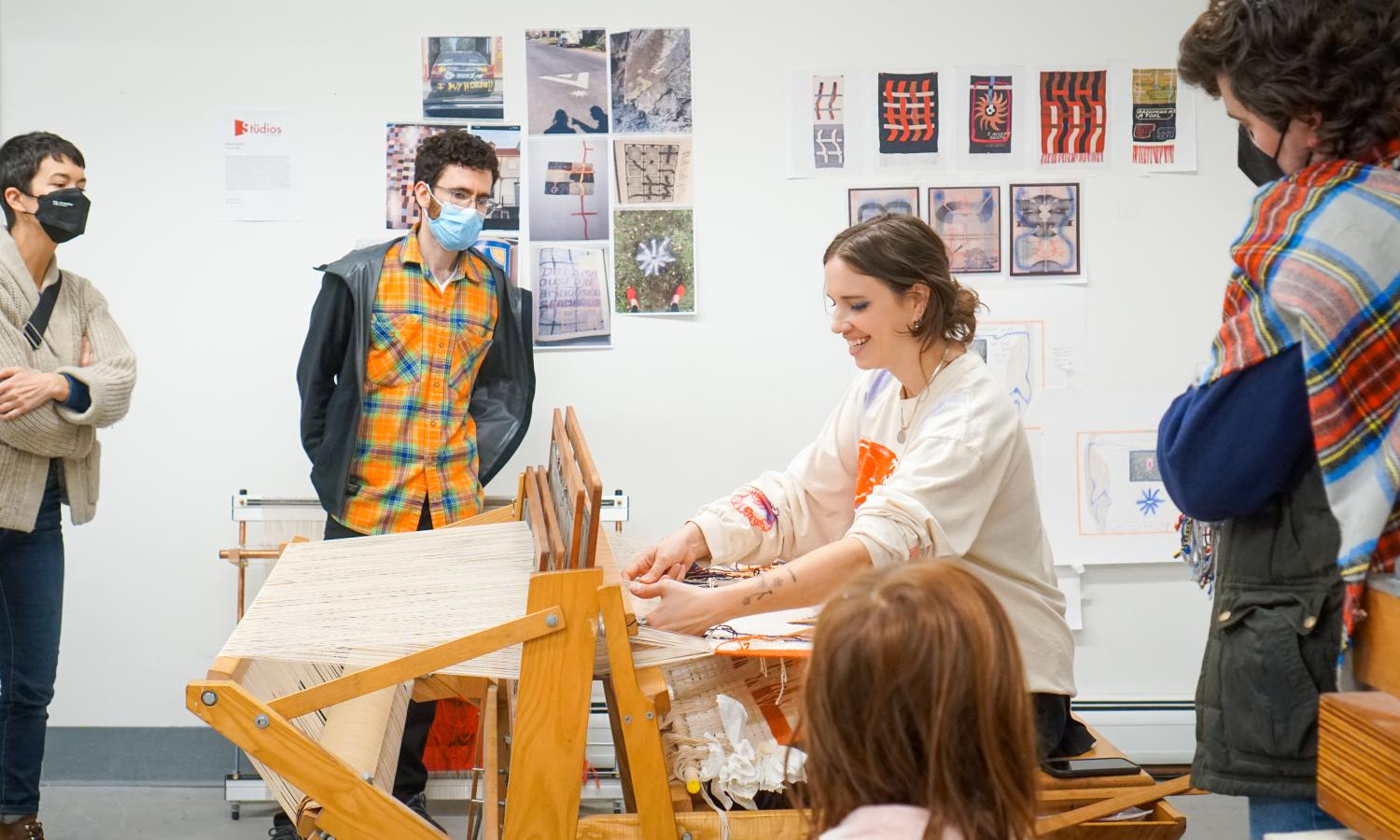Penland Winter Residency
Penland Winter Residency
Penland’s Winter Residency program is a short-term residency opportunity for artists seeking to work independently in one of our 16 media specific studios during Penland’s quiet season. Practicing artists of all backgrounds and at any stage of their career are encouraged to apply for a 2-week or 4-week session. Shared studio access is provided to a small number of artists each session; we invite enough people to encourage conversation and creative camaraderie, but not so many that focused time in the studio is compromised. Residents’ time is their own; there are no workshops, critiques, or required activities. Our goal is to support creative experimentation by offering artists the time, space, and equipment they need to advance professional development.
Penland Winter Residencies are for:
- Artists needing access to facilities for research and development that can be supported by Penland’s well-equipped studios
- Art educators and administrators who are seeking focused studio time during a winter break or sabbatical
- Collaborating artists who want to work on a specific project or simply alongside one another in order to share technical expertise and/or creative inspiration
- Art professionals who need time away from daily responsibilities and distractions to focus on a creative project
PO Box 37
Penland, NC 28765
United States
Residency Program Information
Residency Program Summary
Application Information
We encourage practicing artists of all backgrounds and at any stage of career to apply for a residency. We celebrate varied ideas, world views, and personal characteristics, and are committed to being an organization that welcomes and respects everyone regardless of age, ability, ethnicity, race, religion, philosophical or political beliefs, sexual orientation, gender identity or expression, nationality, geographic origin, and socioeconomic status.
Applications are reviewed by a national panel of artist peers, curators, educators, and other arts professionals who are looking for artists who demonstrate a proven level of proficiency in their work, engage in professional artistic practices, and present the ability to work independently in our studios. The panel’s dual goals are to reward artistic merit and achieve a diverse group of residents. Panelists rotate frequently to bring new perspectives to the application process.
All media supported by Penland’s studios are considered appropriate for the winter residency program.
The residency fee is $500 for two weeks in all studios with the following exceptions:
$800 for two weeks in flameworking (fee includes gas and torches; lathe access available by request only, applicant must include this request in their proposal)
$1,500 for two weeks in the hot shop (fee includes 8-hr/day Monday-Friday access minus safety orientation and clean up; use of annealers, torches, hand tools, and garage; 24-hr access to hot shop kilns and cold shop)
Artists are responsible for their travel expenses and must supply their own food; meals are not provided but all residents will have access to a shared kitchen (please note that your kitchen assignment may not be in the same building as your housing.)
Housing costs vary depending on your choice of housing; we offer housing levels from a shared double/common bath to a private room/private bath. You will indicate your housing preference on the application. Resident arrival is on Monday between 1:00 and 5:00 pm; departure is on Saturday by noon.
Housing Rates for Two Weeks
- Double/common bath: $250
- Double/bath shared with roommate: $300
- Single/common bath: $350
- Single/private bath: $500
Pending funding each year, we offer forty or more merit-based fellowships which remove the residency fee for a two-week residency. Available fellowships are limited; anyone is eligible to request funding, but preference will be given to first-time applicants who self-identify as artists of color or LGBTQIA+. Our dual goals are to reward artistic merit while achieving a diverse group of residents.
Accessibility
The Penland campus is located on uneven, hilly terrain that poses accessibility challenges. The following studios are wheelchair accessible: books, clay, drawing and painting, glass, iron, letterpress and printmaking, lower metals, photography, papermaking, and wood. The upper metals studio and both textiles studios have stairs that limit access; both are made partially accessible by stair lifts that will lift a person but not a wheelchair or other mobility aids.
Housing that meets ADA standards is available in Arbor House and in some units in The Roost, Dorm 54, Radcliffe, and the Sleeping Cabins. Accessible parking is found at the dining hall and at all studios. Several golf carts are available for use on campus.
While we do our best to accommodate all students, we know that our campus is not accessible for everyone. We are happy to talk with you about what our campus can or cannot do in this regard. Please contact our registrar to discuss in more depth how we can help you come to Penland: 828-765-2359, ext. 1306 or registrar@penland.org. And please know that improved access is part of our long-range campus planning.
We are working on adding more detailed accessibility information to this page. Please check back.

